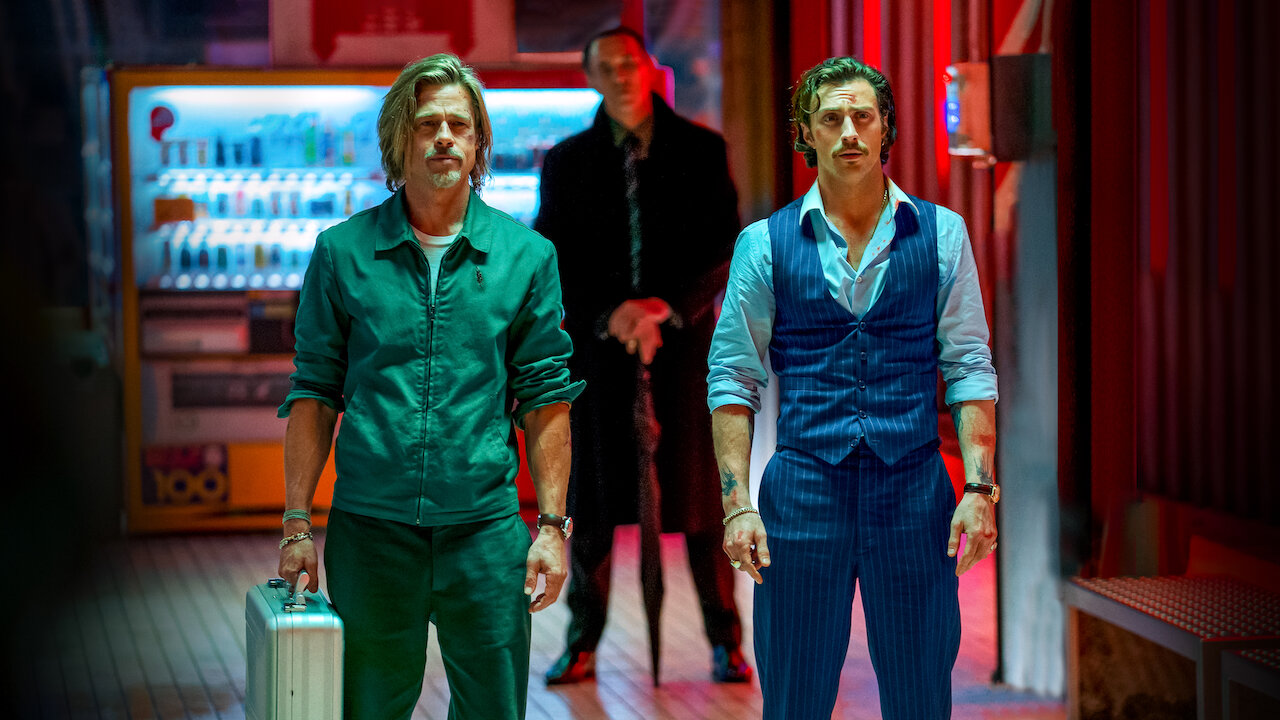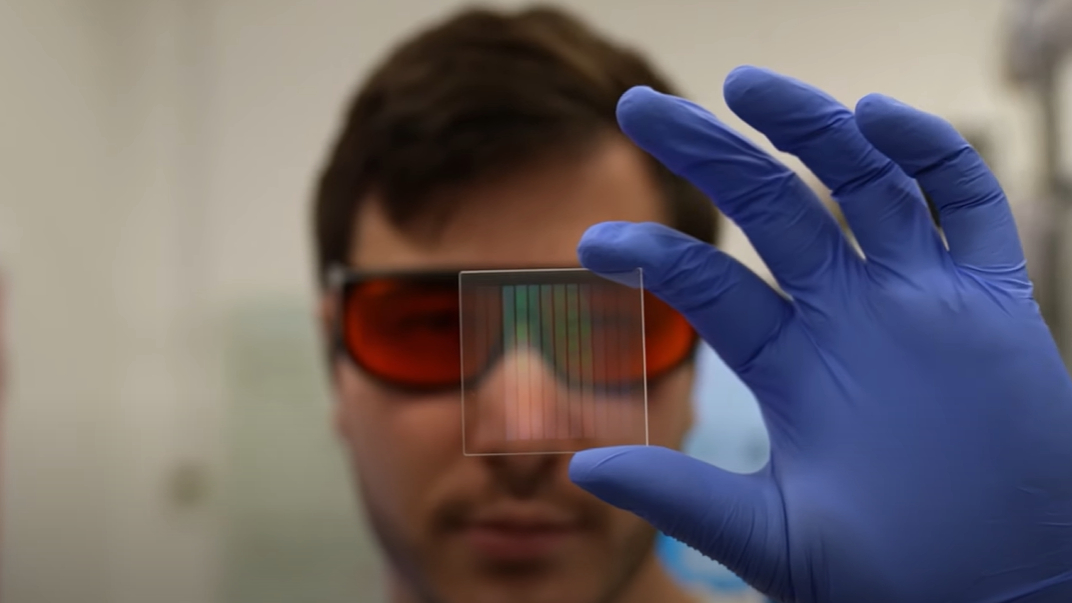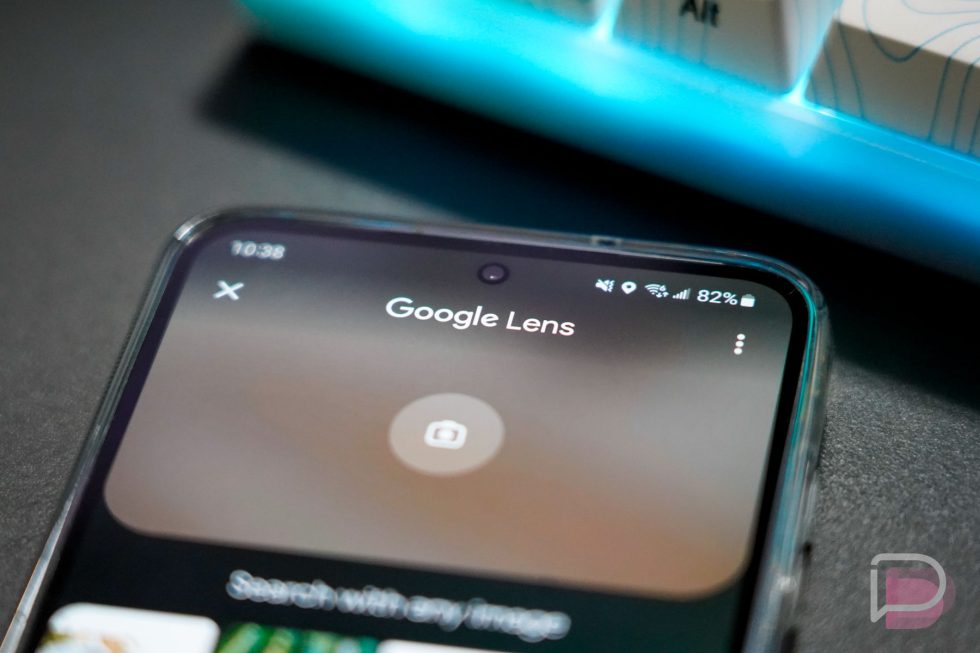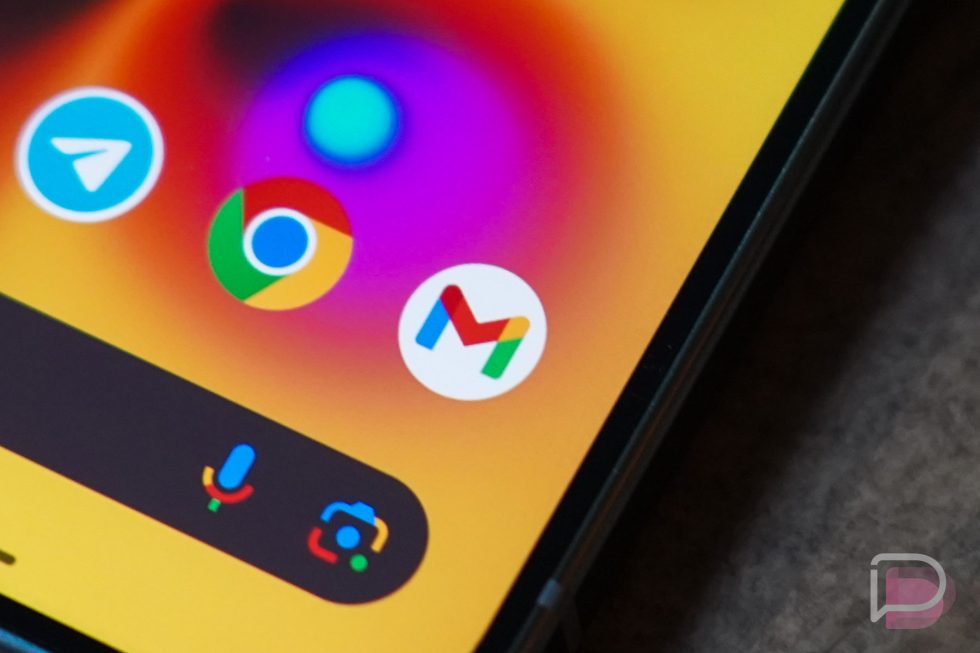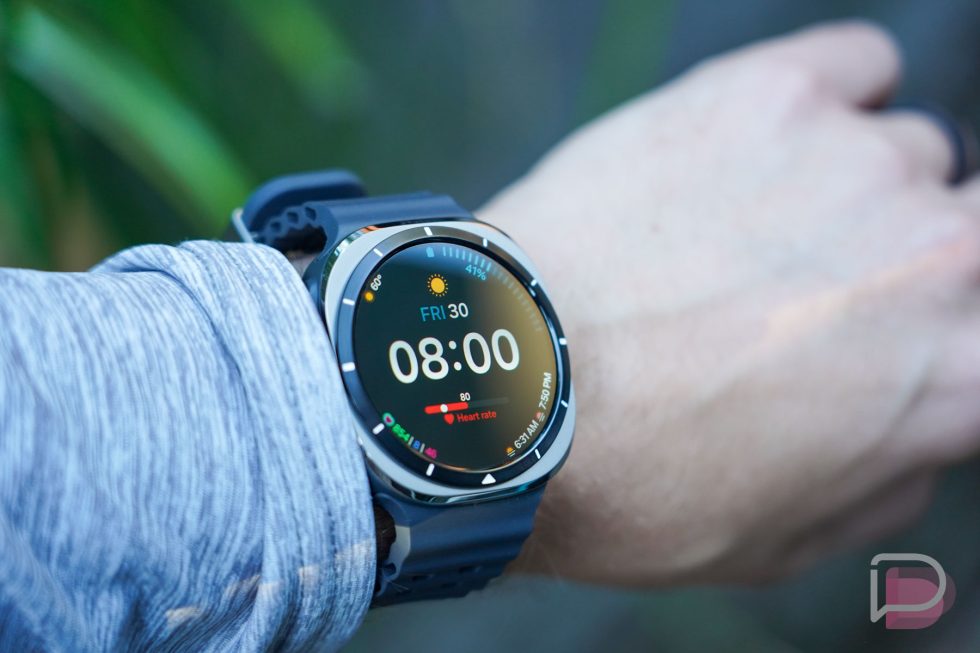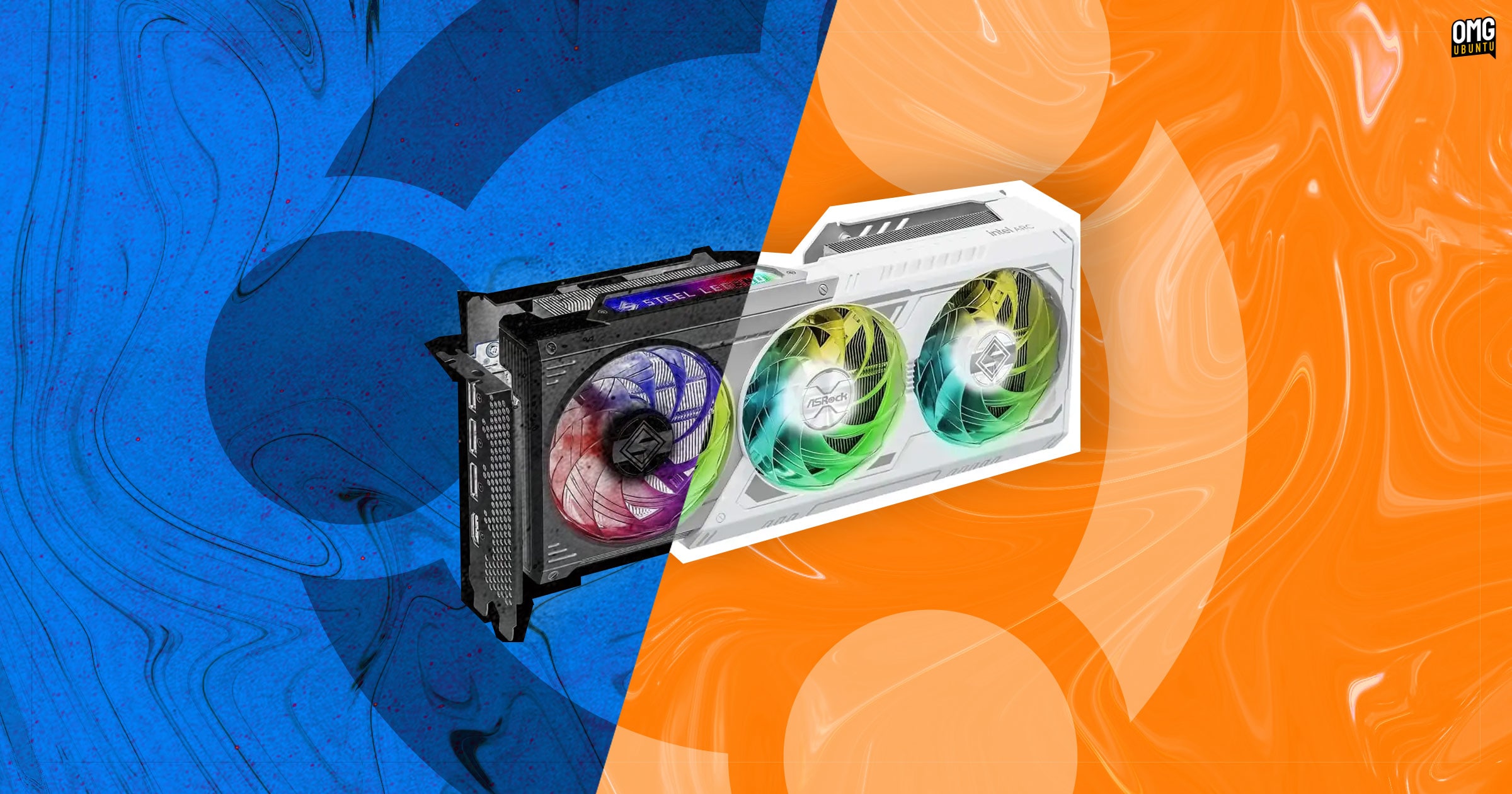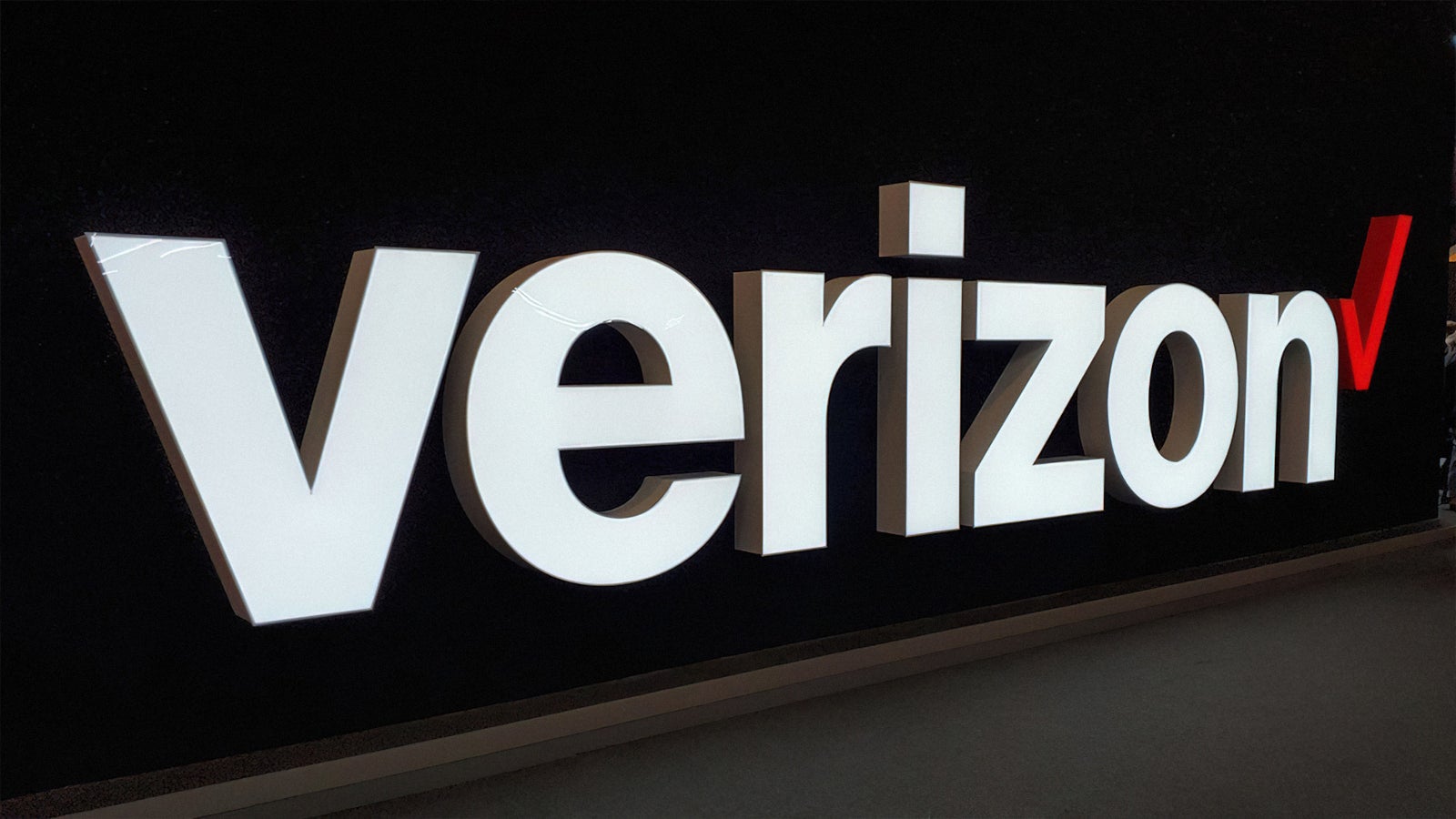Farm fresh: Freshly’s quick commerce bet on fruits and vegetables
Noida-based Freshly skips central warehousing to deliver fruits and vegetables quickly, taking on quick commerce giants, modern retail chains, and local sellers on their turf.


Contrary to popular belief, your quick commerce orders take over 10 minutes to reach your fridge. For fresh fruits and vegetables, this timeline stretches for almost two days.
Indian quick commerce platforms operate on a two-step supply chain. First, they source fresh produce from farmers directly at mandi, and second, they transfer it to a large centralised warehouse for quality check, labelling, and packing.
Based on demand forecasts and sales trends, the stock is dispatched to dark stores across a city for last-mile delivery. While these platforms have mastered grocery delivery, they have fallen short in delivering perishable items—a gap Freshly aims to fill.
“Fruits and vegetables are perishable. It's dead the moment it's harvested. The additional layers of produce travelling to central warehouses further delay freshness and add costs,” explains Yeshu Bansal, Co-founder of Freshly, in a conversation with YourStory.
Established in May 2024, Noida-based Freshly is a specialised quick commerce platform that delivers fresh fruits and vegetables within 10-15 minutes. It gets its stocks from the mandi and directly delivers to consumers from its dark stores, skipping the tedious step of central warehousing in the middle.
Bansal, who spent over five years at Blinkit—Eternal’s (formerly Zomato) quick commerce firm—realised that fruits and vegetables require a specialised supply chain, different from the grocery and FMCG supply chain solutions.
He explains, "While the two-step supply chain is more expensive, it is designed to work well for groceries. Since groceries make up 90% of their [Q-com] business, this model suits them. Quality checks, packaging, and distribution are all handled at the warehouse.”
“If they had to manage fruits and vegetables (F&V) grading and packing at the dark store, it would require redesigning the space and running a separate transport system. That efficiency falls apart when the model is split, especially for a category that contributes less than 10%," he adds.
However, consumers aren’t aware of these nitty-gritty supply chain details, as Bansal says, “We don’t even try to sell that.”
While it might seem counterintuitive not to use this core operational advantage in its marketing message, Freshly is doing exactly that and looking to succeed in the $44,746 million fruits and vegetables market in India (according to Horizon Grand View).
The startup offers consumers transparency and a promise of freshness by offering live images of the assorted fruits and vegetables on its app, instead of stock photos used by other marketplaces.
Besides quick commerce players like Swiggy Instamart, Blinkit, and Zepto, Freshly competes with numerous offline modern retail chains and unorganised small vendors, who have their own set of pros and cons.
There is a lot of friction and effort—most hawkers don’t have a quality check mechanism or offer home deliveries. Retail stores, on the other hand, struggle because of their locations—being in malls and markets and not in densely populated areas.
Does selling green products mean a green business?
A specialised quick commerce platform has its limit with average order values—a key metric in the sector—but, Bansal says, Freshly’s focus on fruits and vegetables ensures it operates on better margins than larger players.
“Since F&V products are sold by unorganised players with low daily volumes, and there is no MRP or brand, they tend to operate on higher margins, coming at about 40-45%,” he adds.
According to Bansal, Freshly’s average order value is around Rs 280-290, which is half of quick commerce. However, the startup’s margins are nearly double, and its operational costs are lower. “So, our take rate is comparable,” he claims.
After his stint at Blinkit, Bansal tried his hand at establishing a B2B network for F&V categories but shelved the idea after seeing thin margins and no moats. A commodity-focused assortment comes with price fluctuations as availability depends on factors, including weather, logistics, and adequate storage.
Bansal, along with another former Blinkit executive, Parvesh Nehra, launched Freshly’s first dark store in Noida in July 2024. It presently operates one store in Delhi-NCR and plans to scale to 40 stores by the end of 2025.
The startup raised $500,000 in its pre-seed funding from Better Capital, Misfits Capital, and a host of angel investors in January this year.
Edited by Suman Singh



















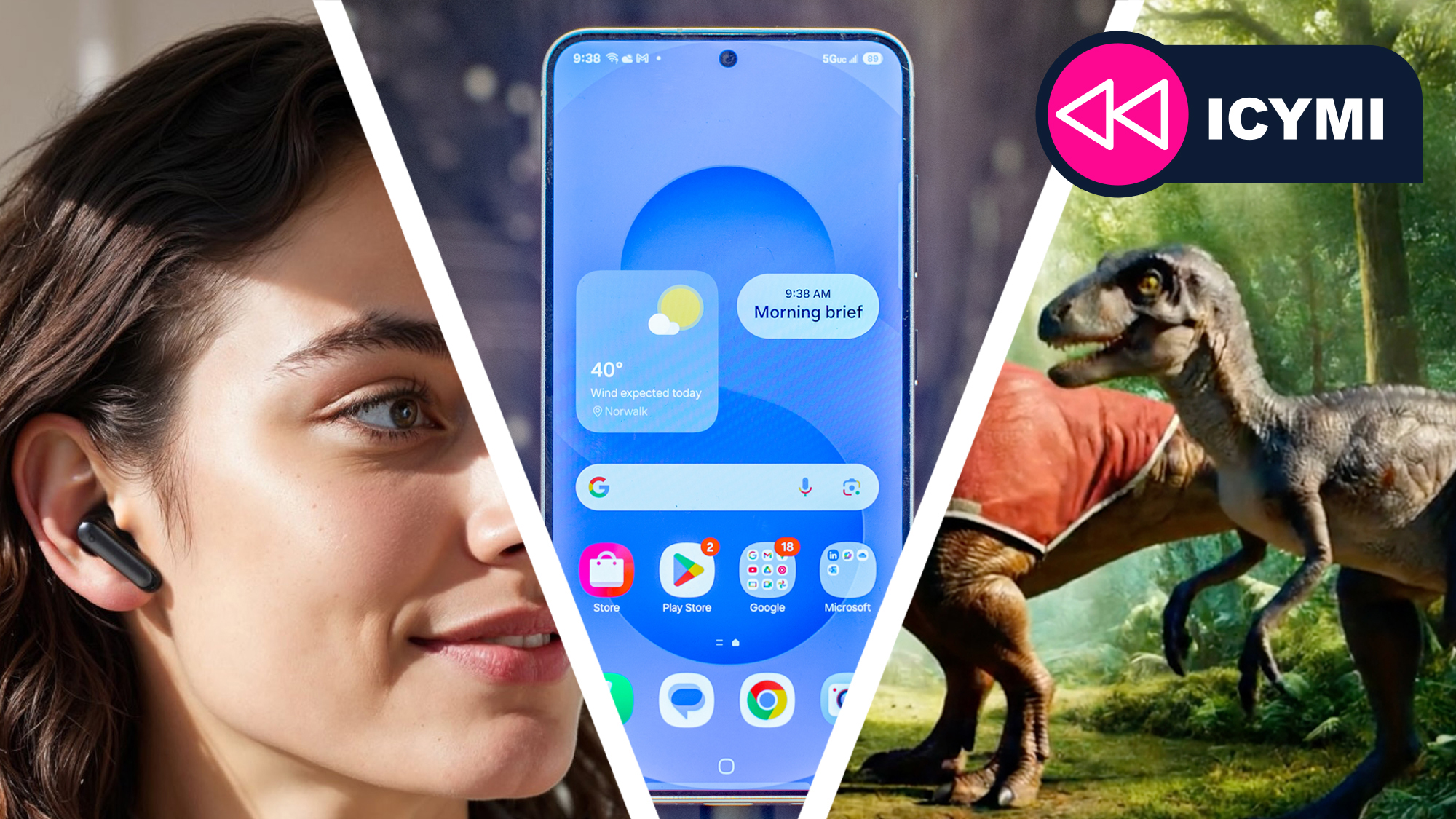

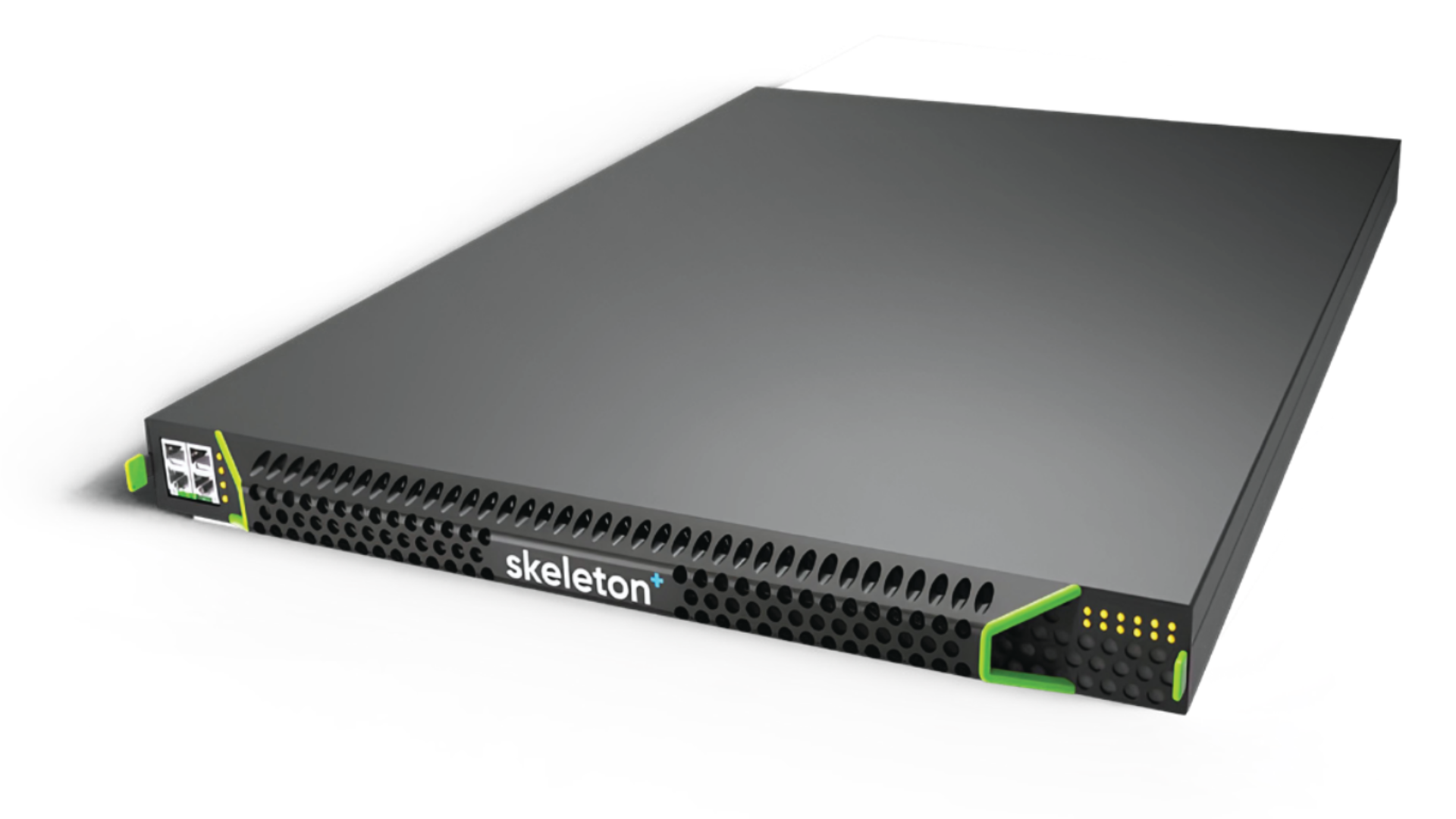






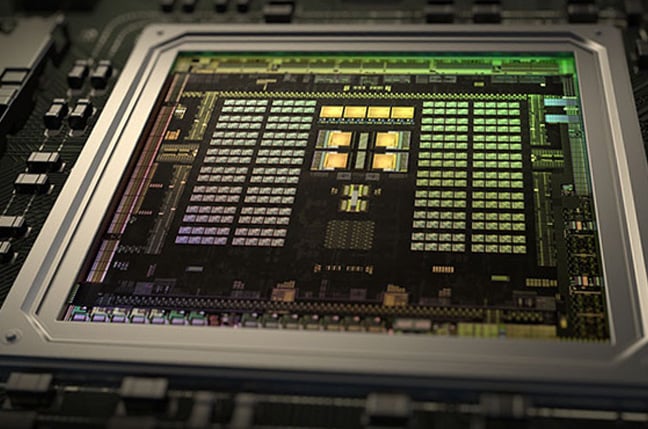





































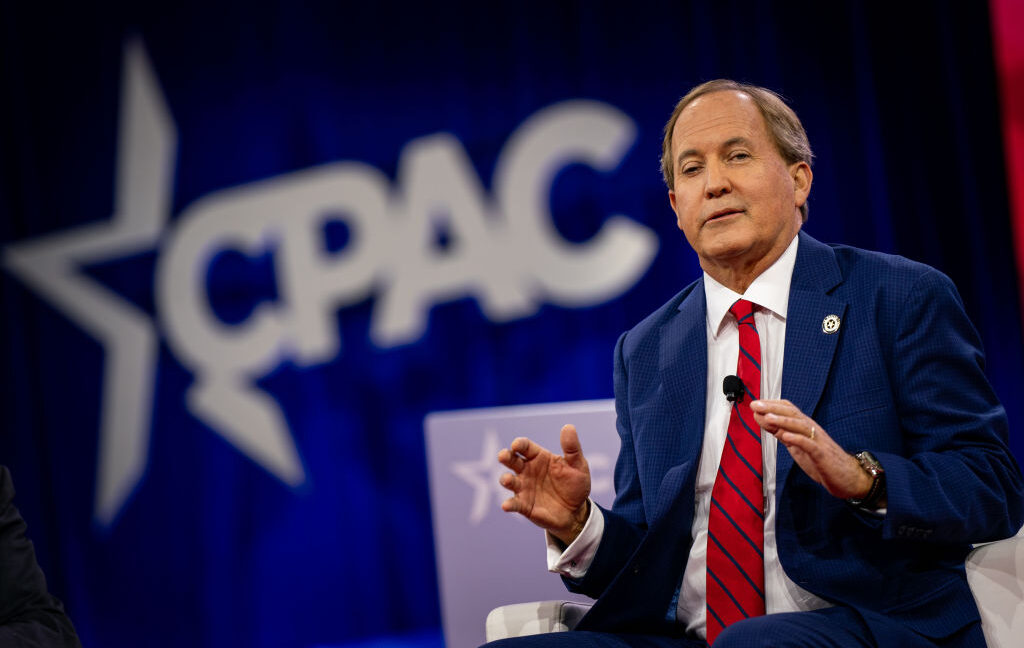

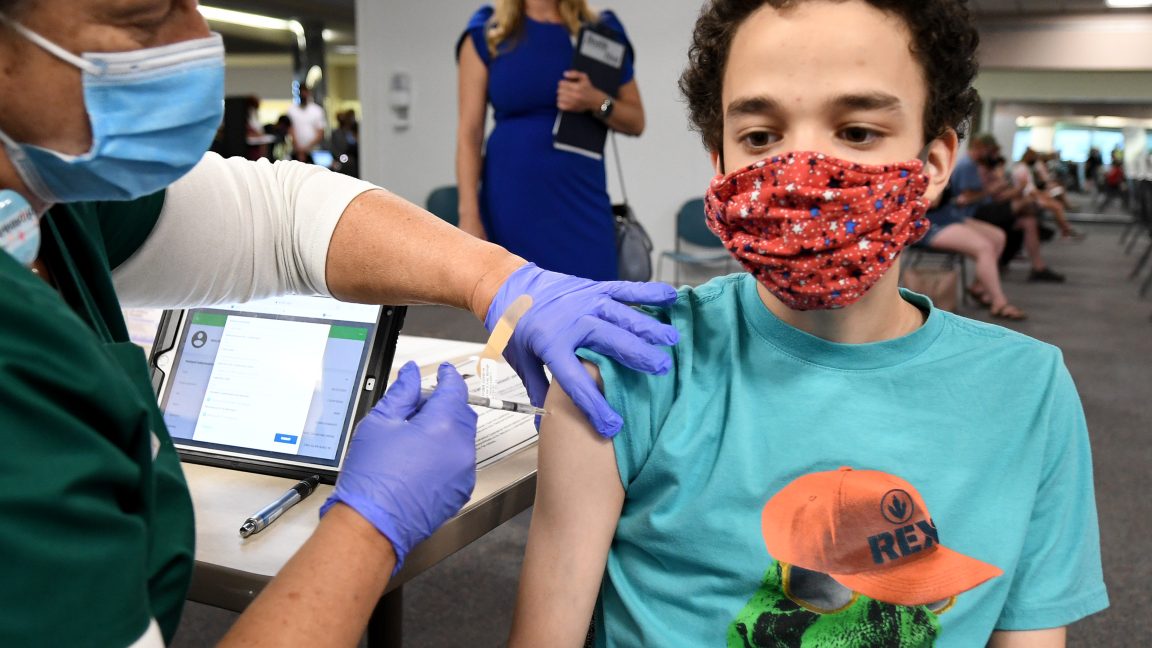








































































































![[The AI Show Episode 150]: AI Answers: AI Roadmaps, Which Tools to Use, Making the Case for AI, Training, and Building GPTs](https://www.marketingaiinstitute.com/hubfs/ep%20150%20cover.png)
![[The AI Show Episode 149]: Google I/O, Claude 4, White Collar Jobs Automated in 5 Years, Jony Ive Joins OpenAI, and AI’s Impact on the Environment](https://www.marketingaiinstitute.com/hubfs/ep%20149%20cover.png)






























































































































![How to Survive in Tech When Everything's Changing w/ 21-year Veteran Dev Joe Attardi [Podcast #174]](https://cdn.hashnode.com/res/hashnode/image/upload/v1748483423794/0848ad8d-1381-474f-94ea-a196ad4723a4.png?#)


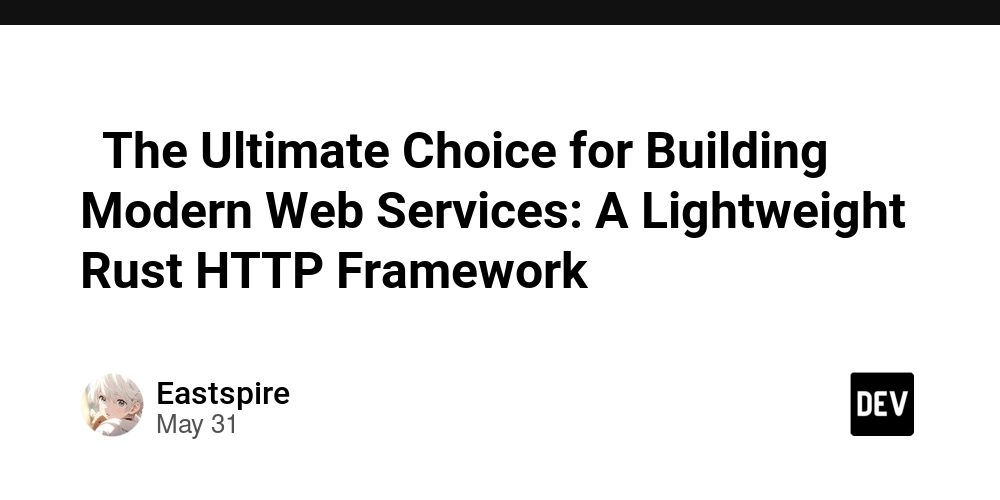
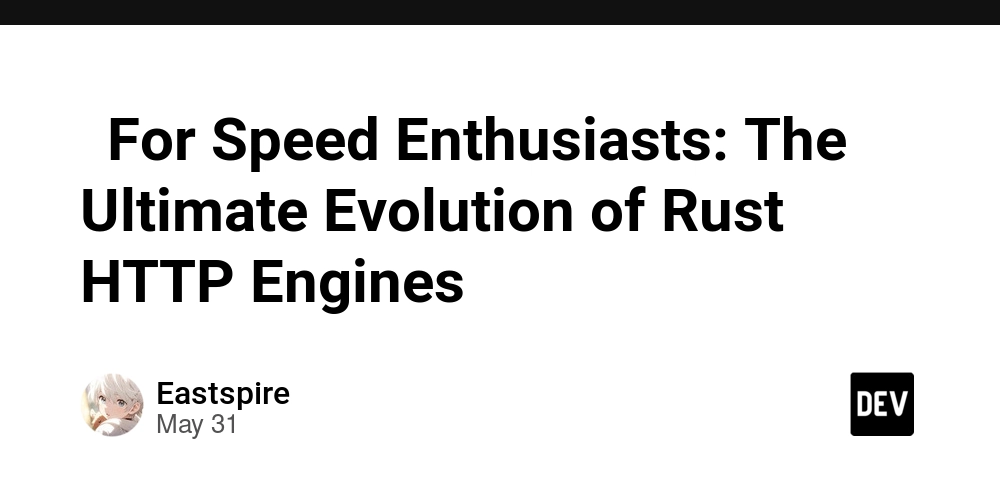
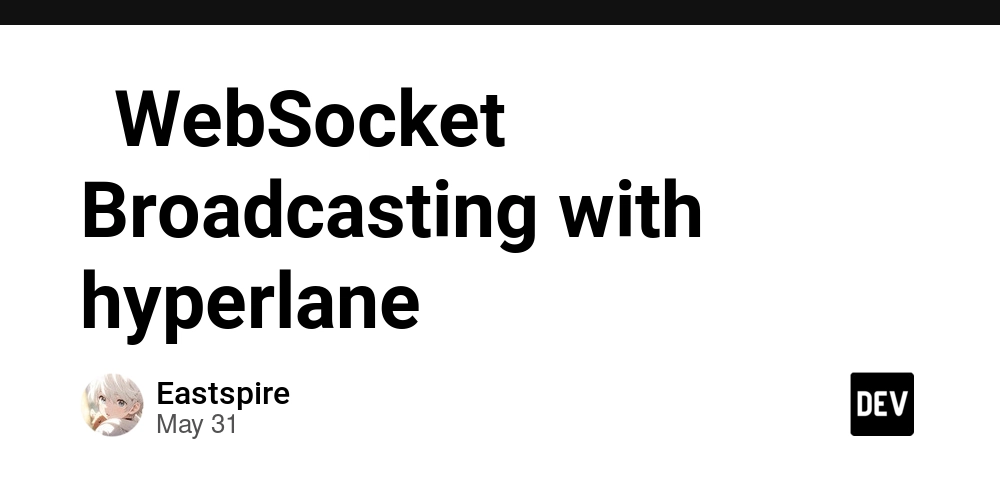
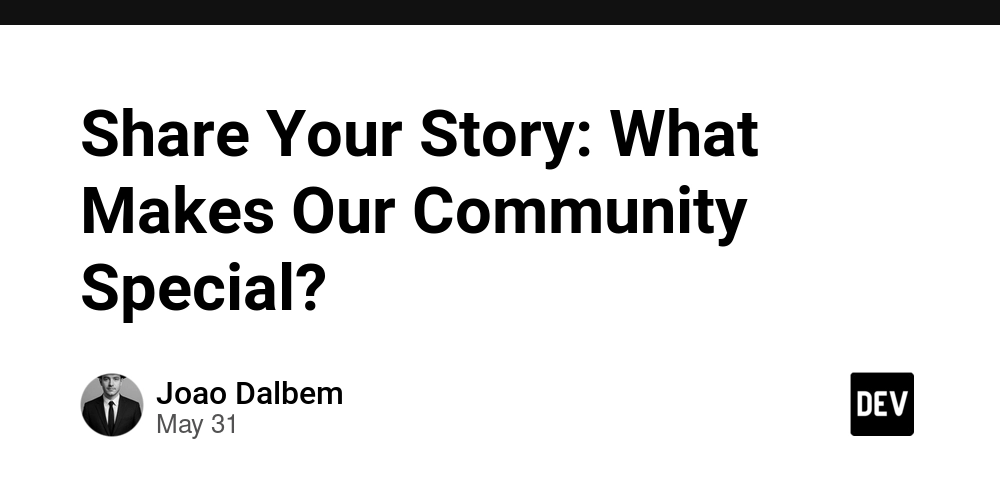






































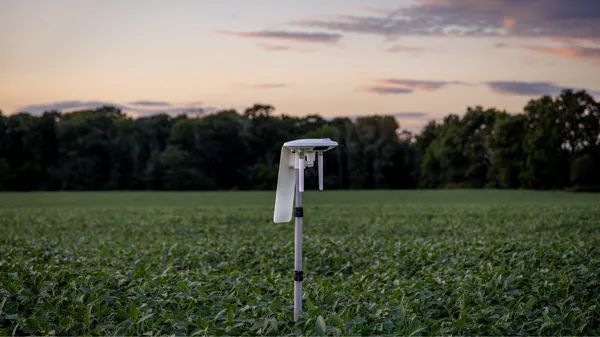



.jpg?#)



























































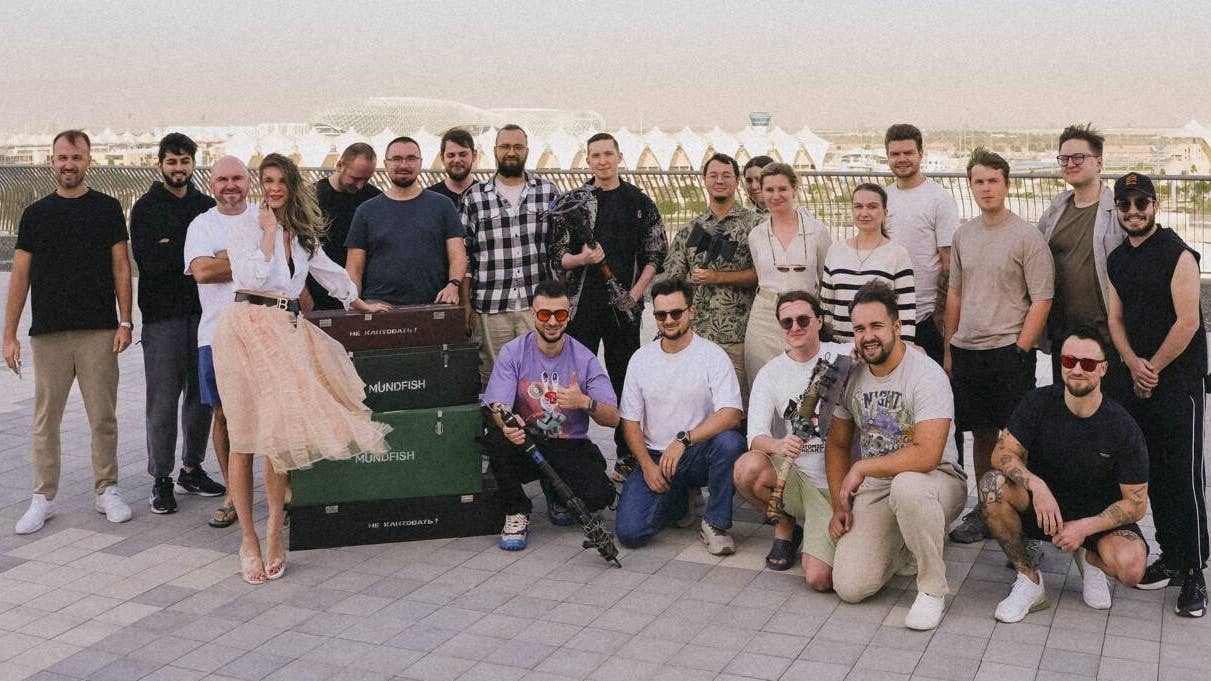
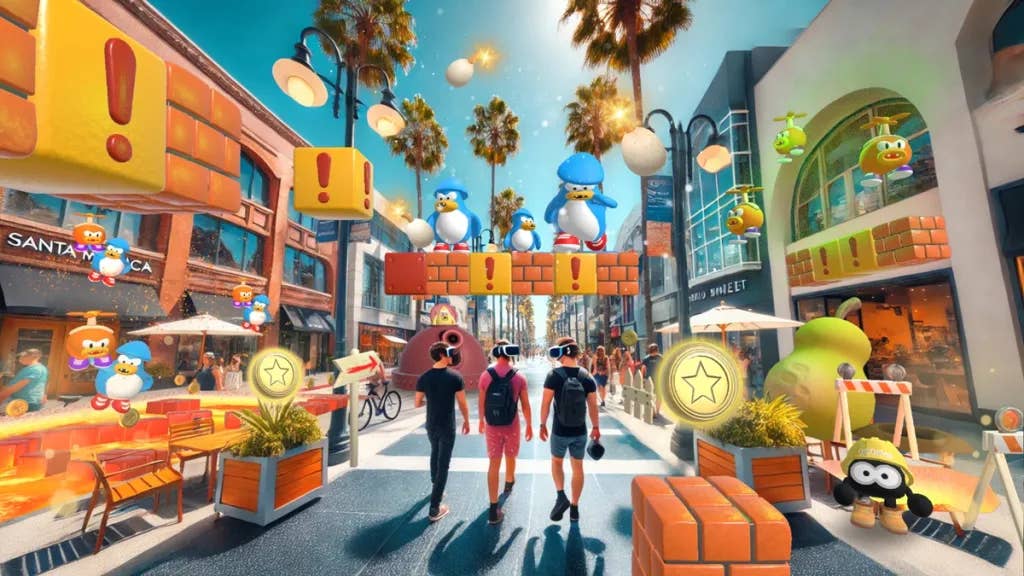
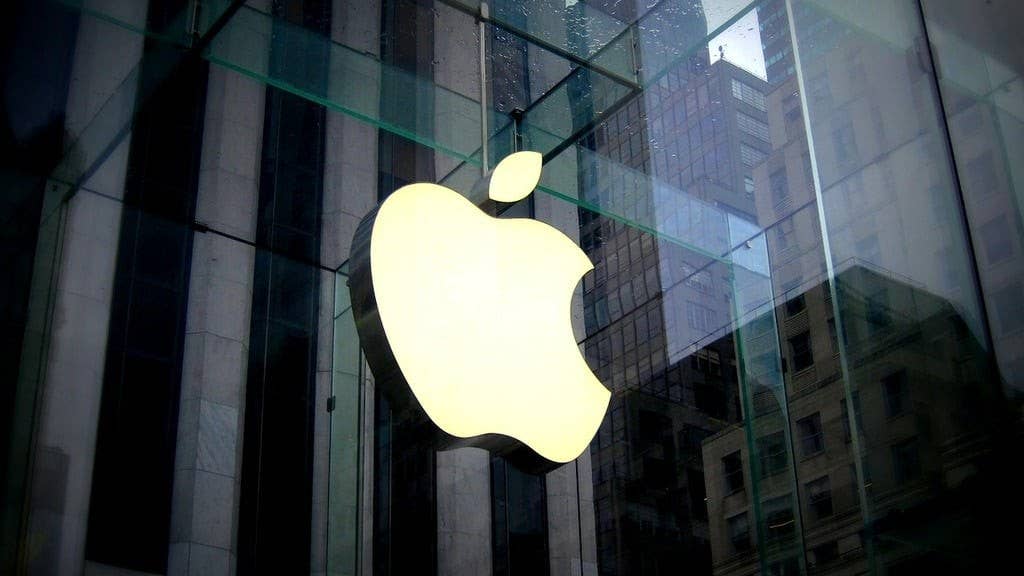










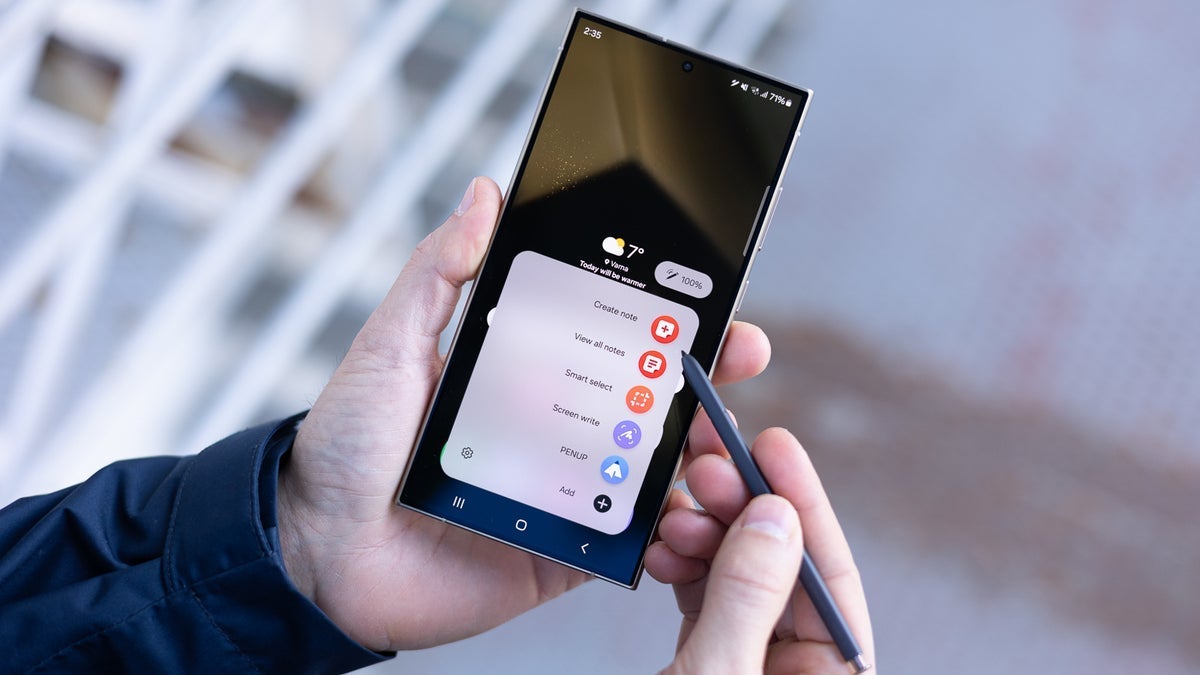
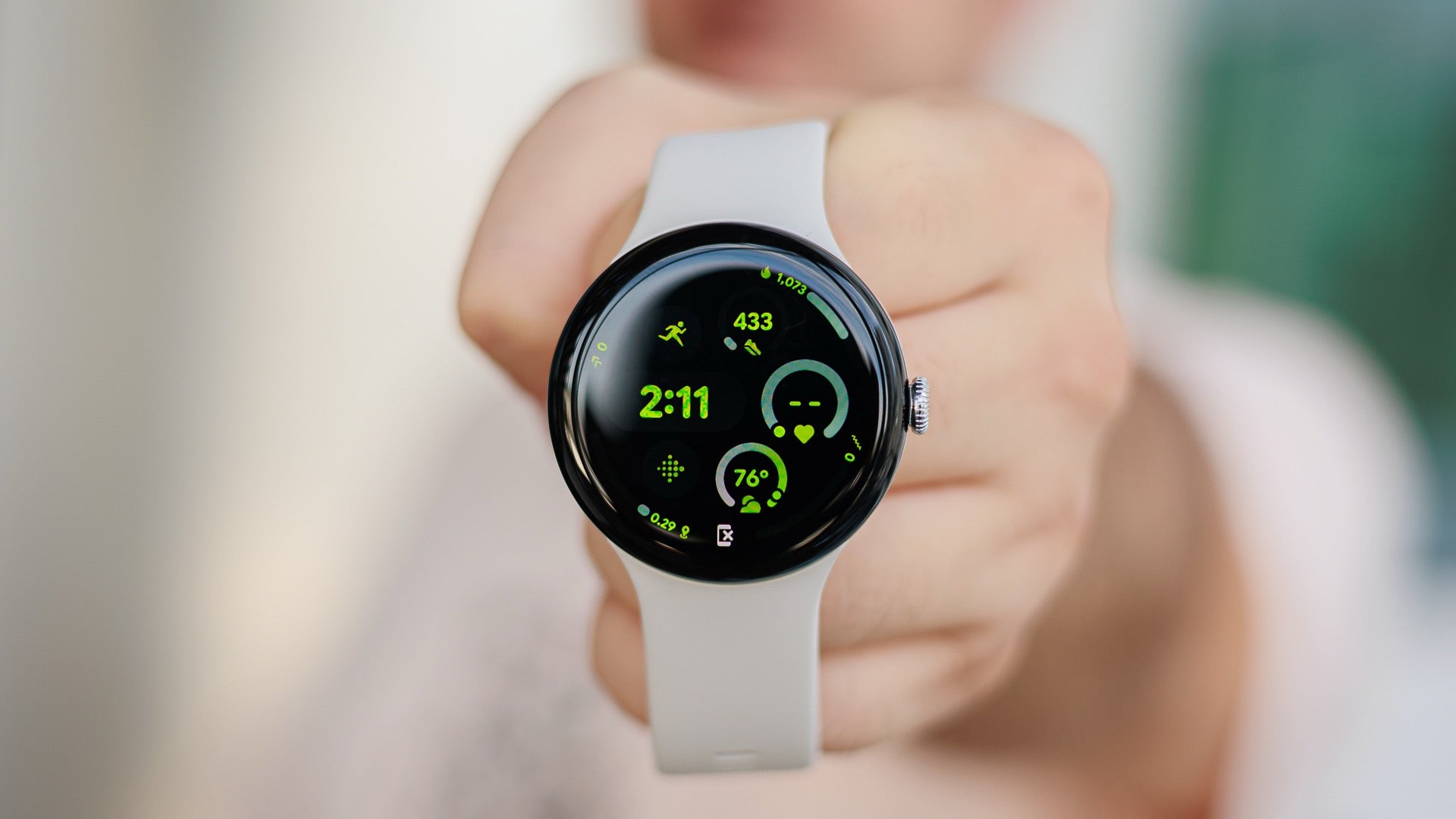
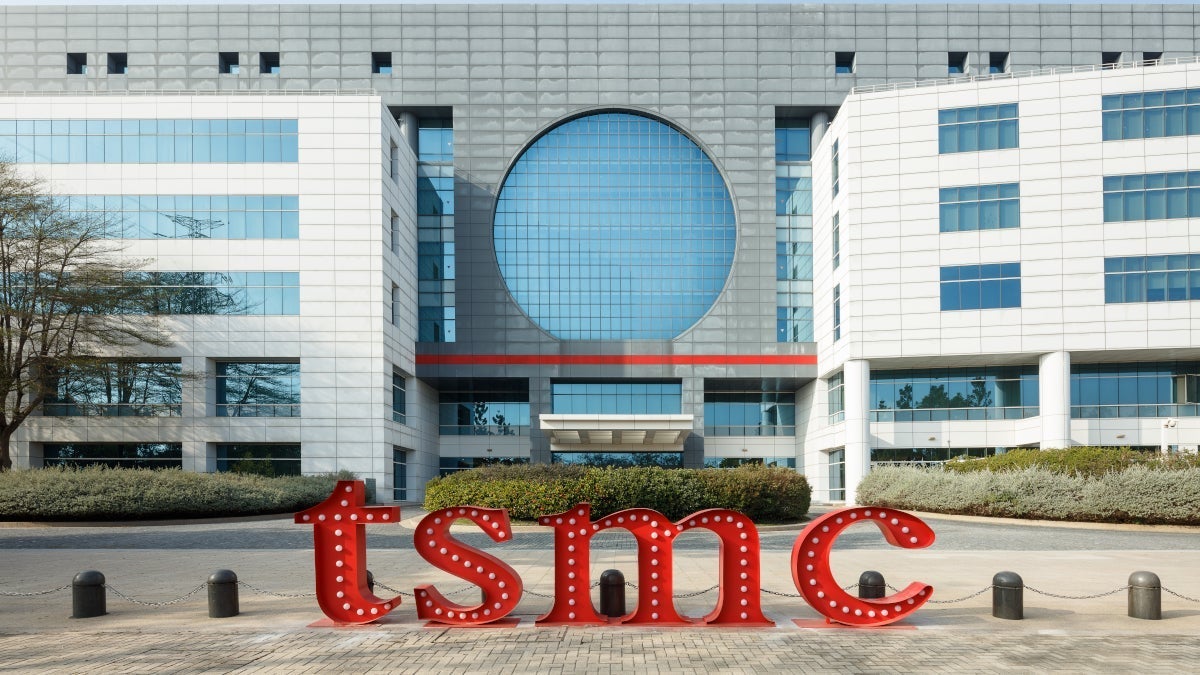


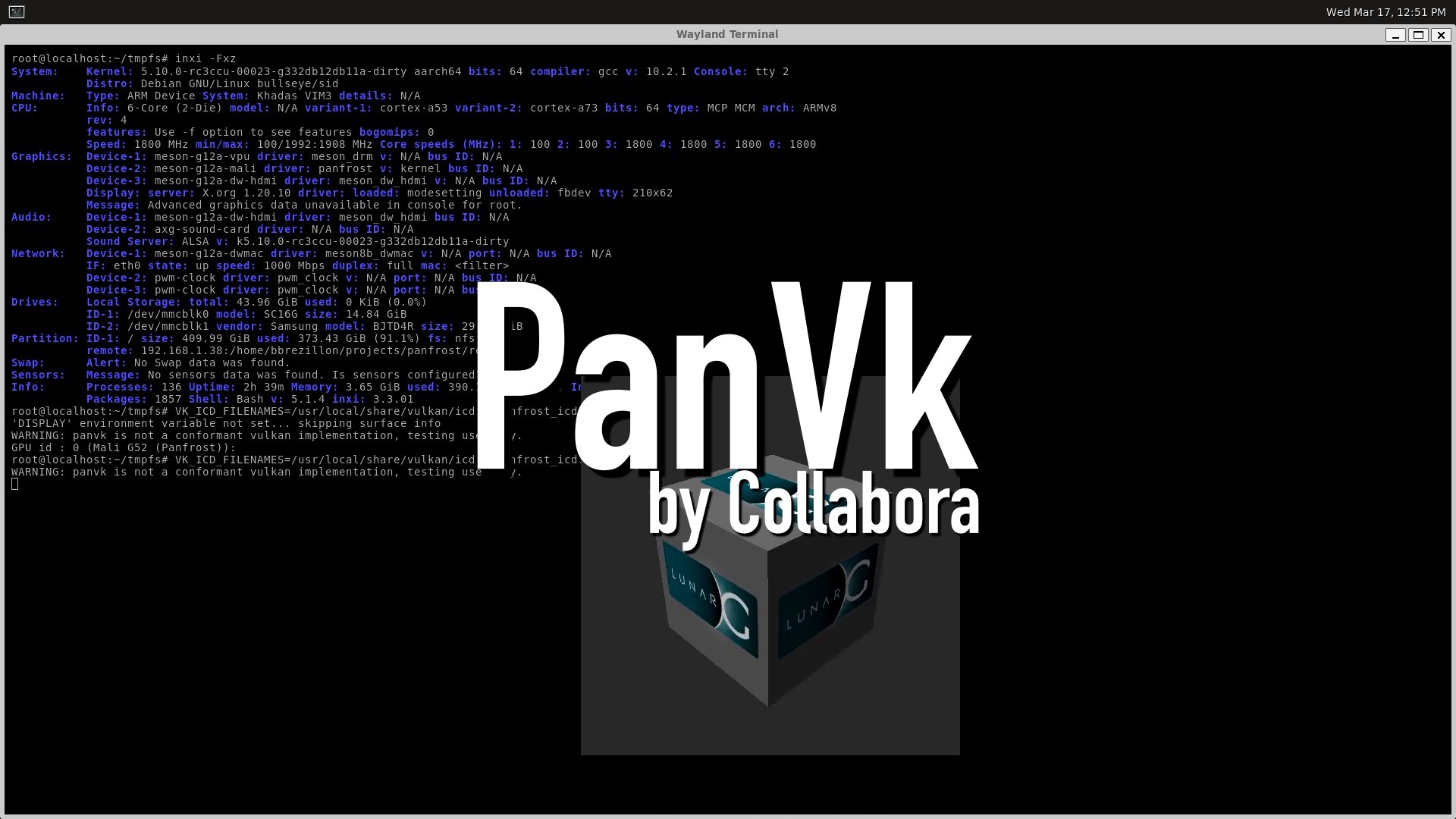









_ArtemisDiana_Alamy.jpg?width=1280&auto=webp&quality=80&disable=upscale#)



























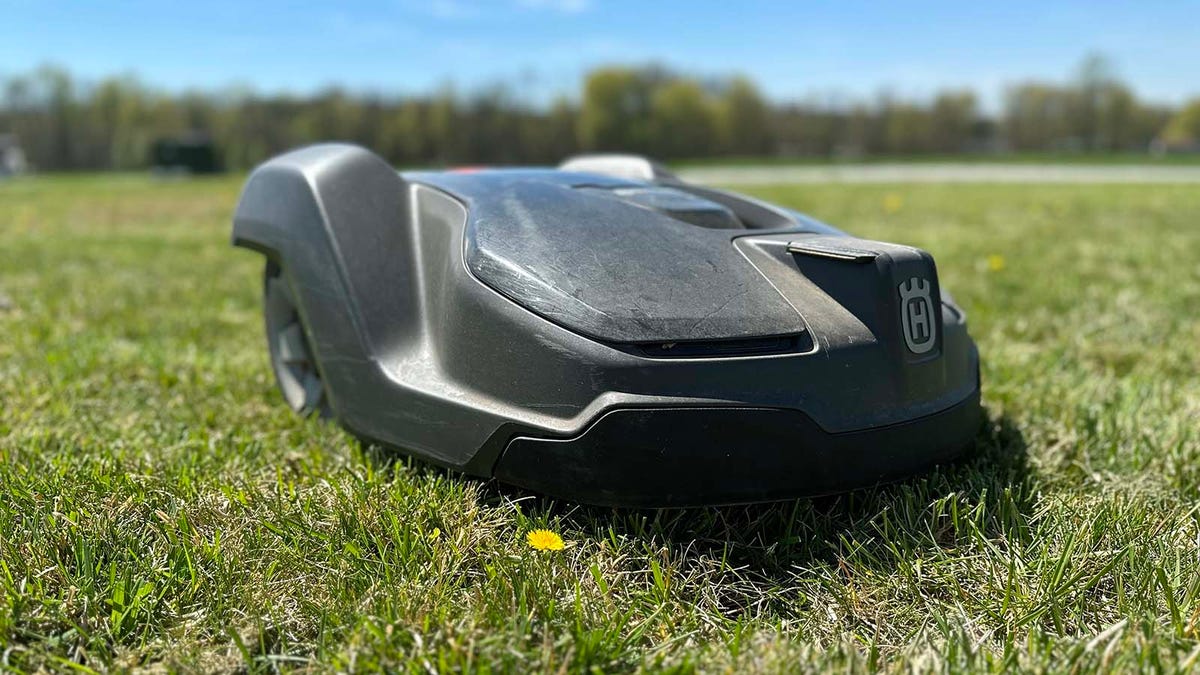









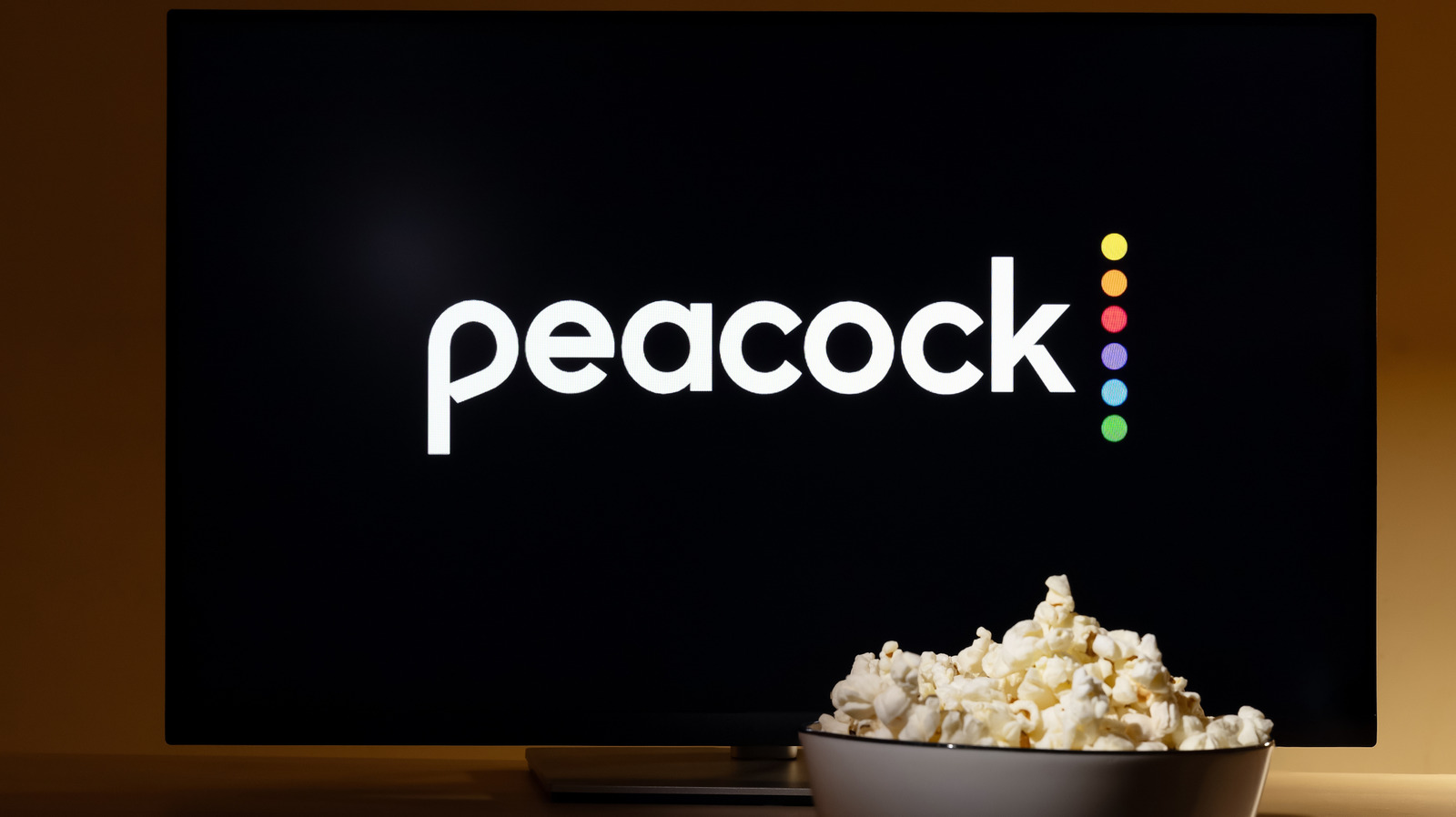
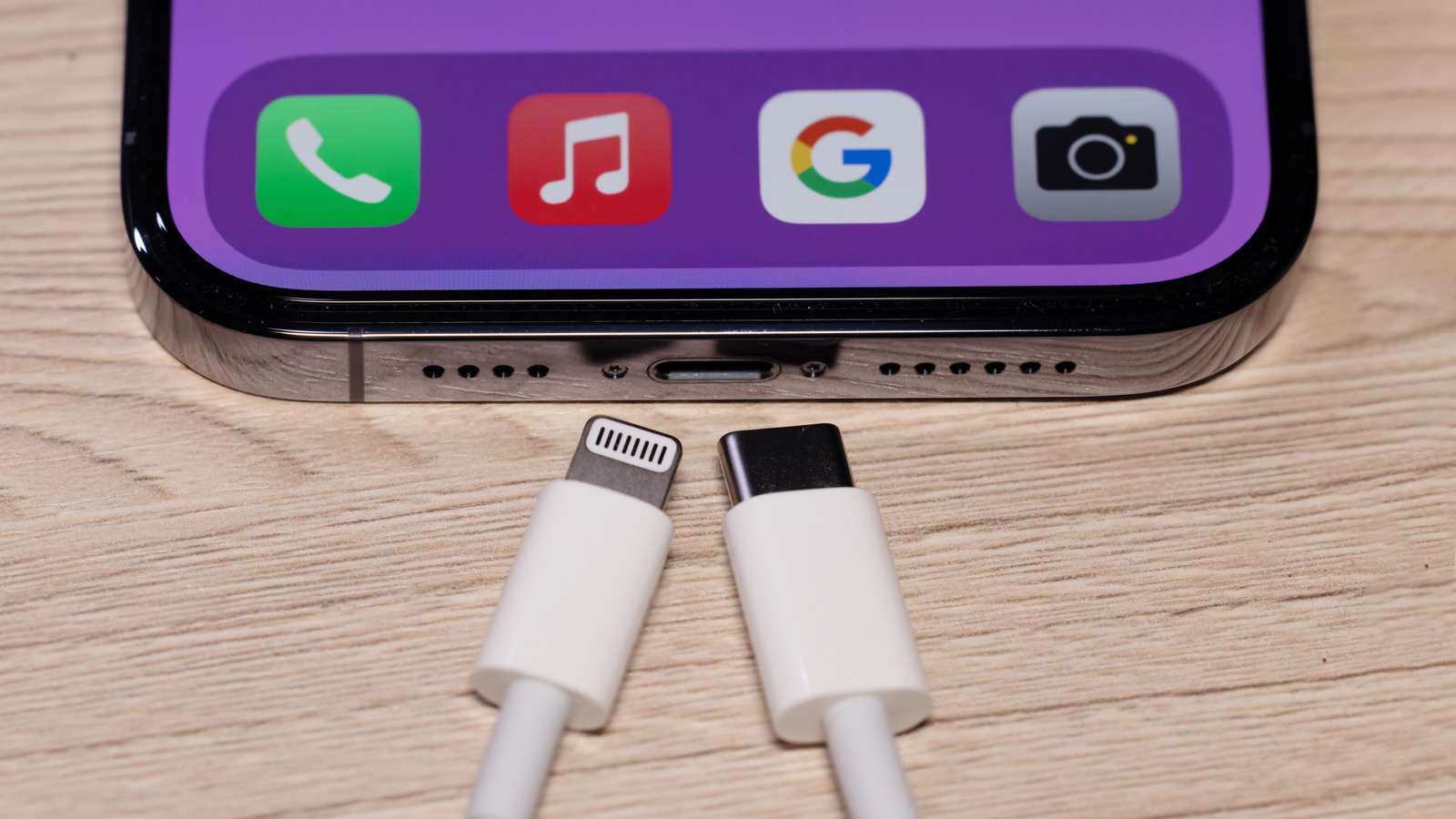















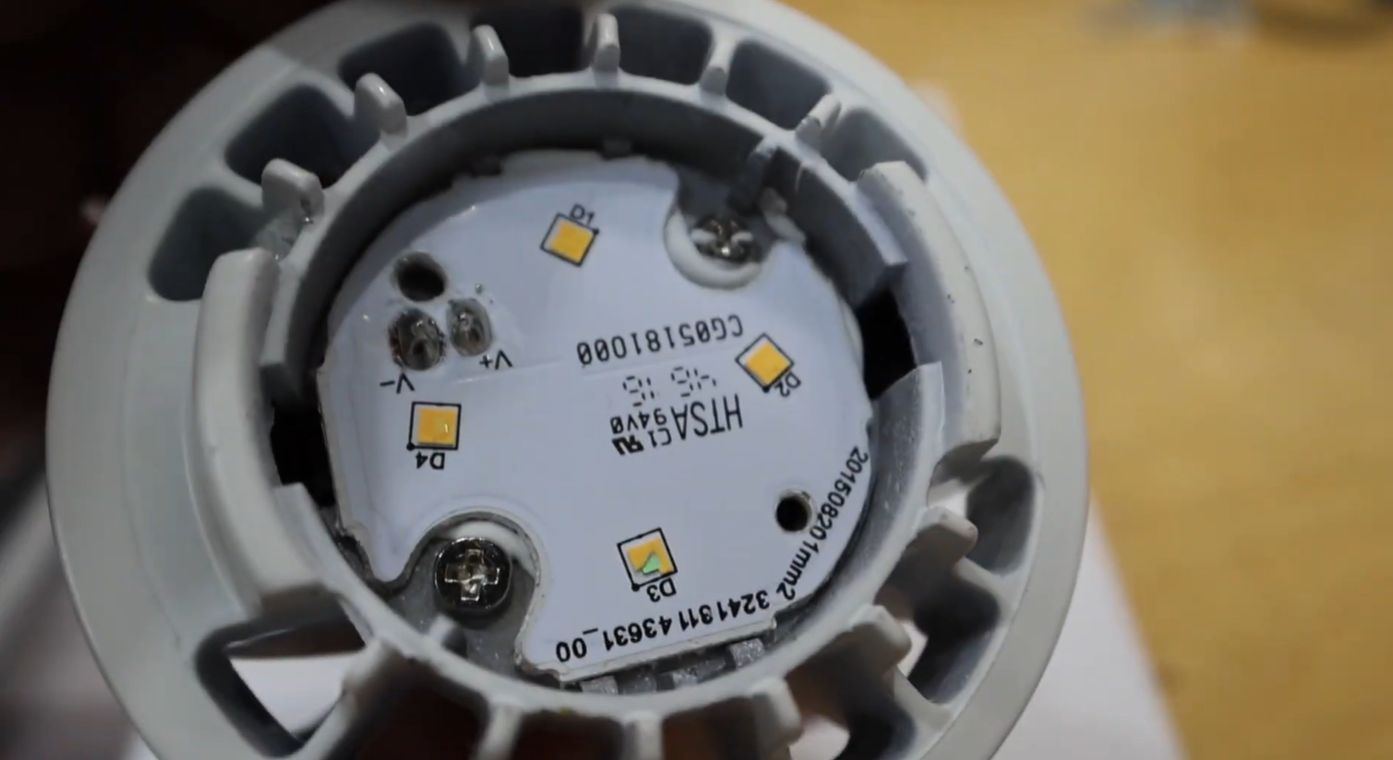
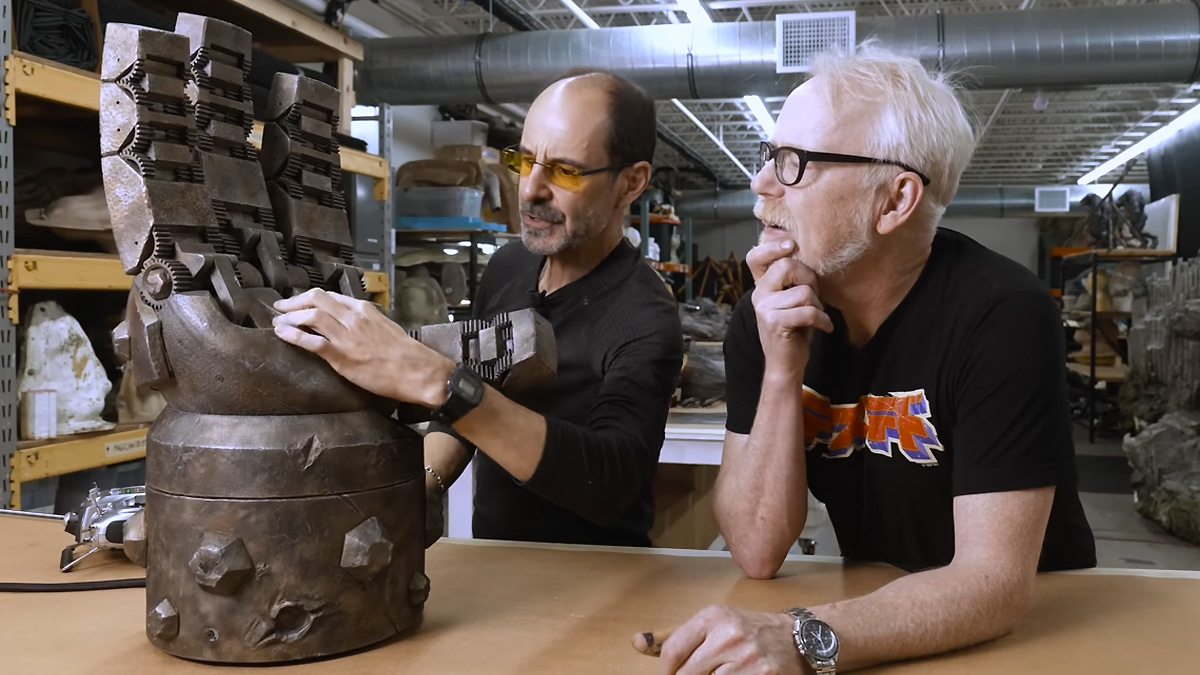




















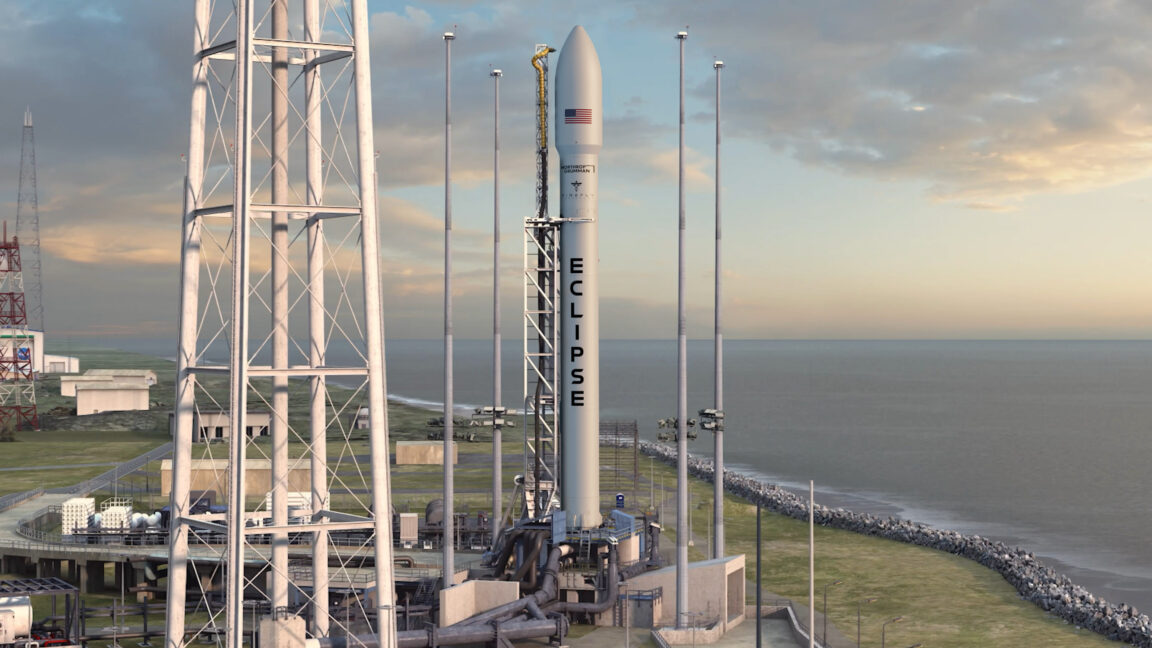

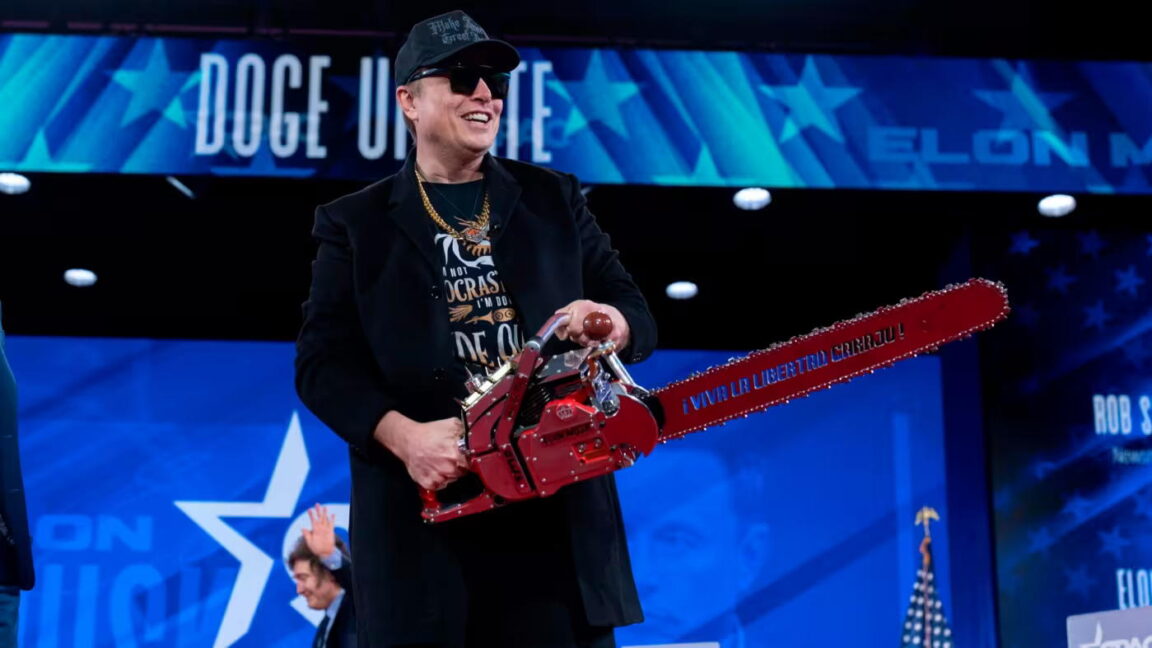
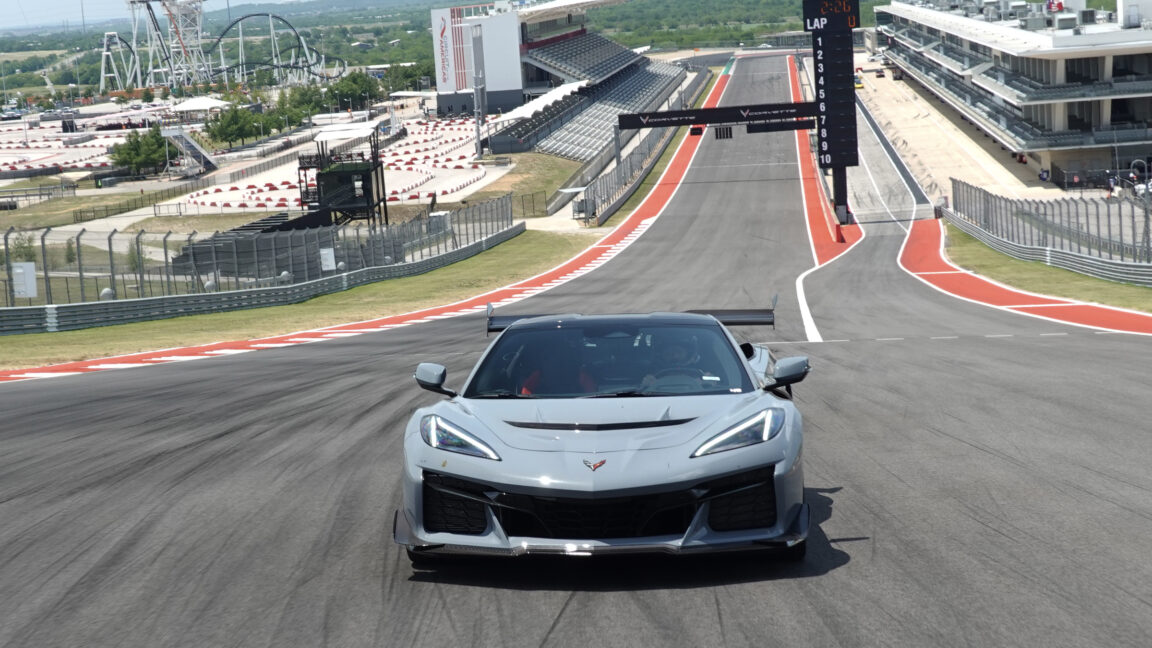
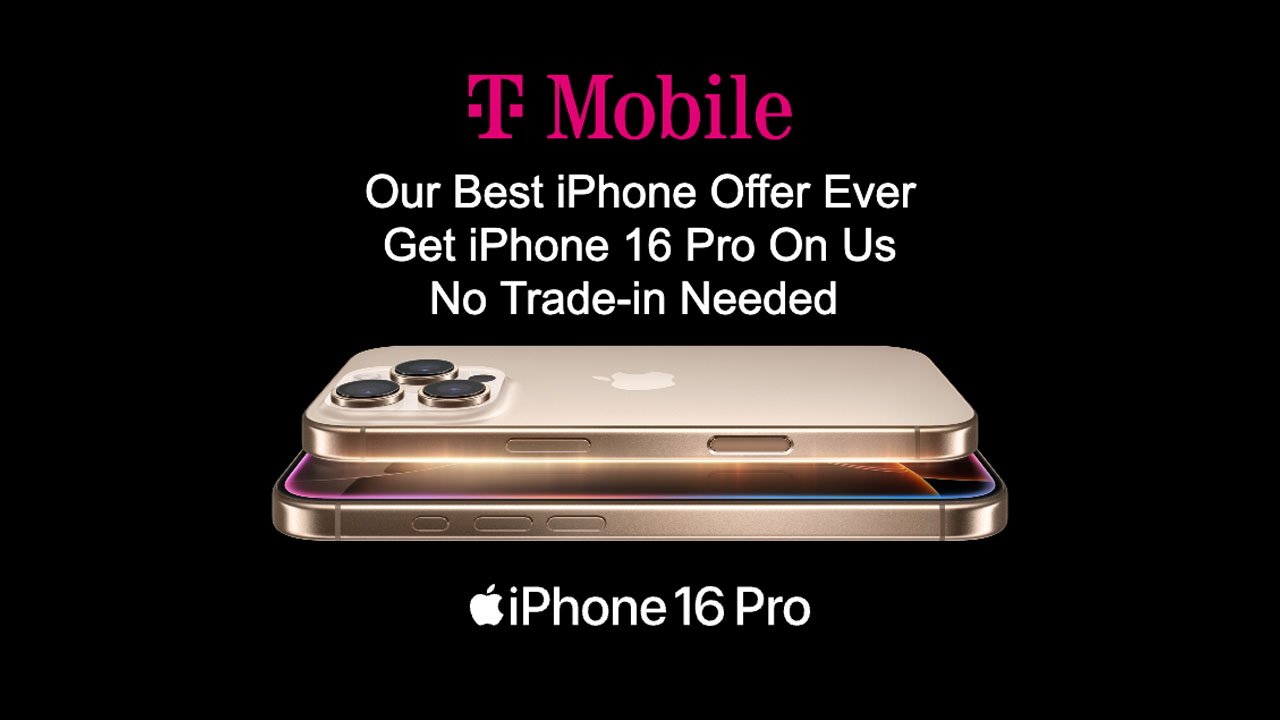


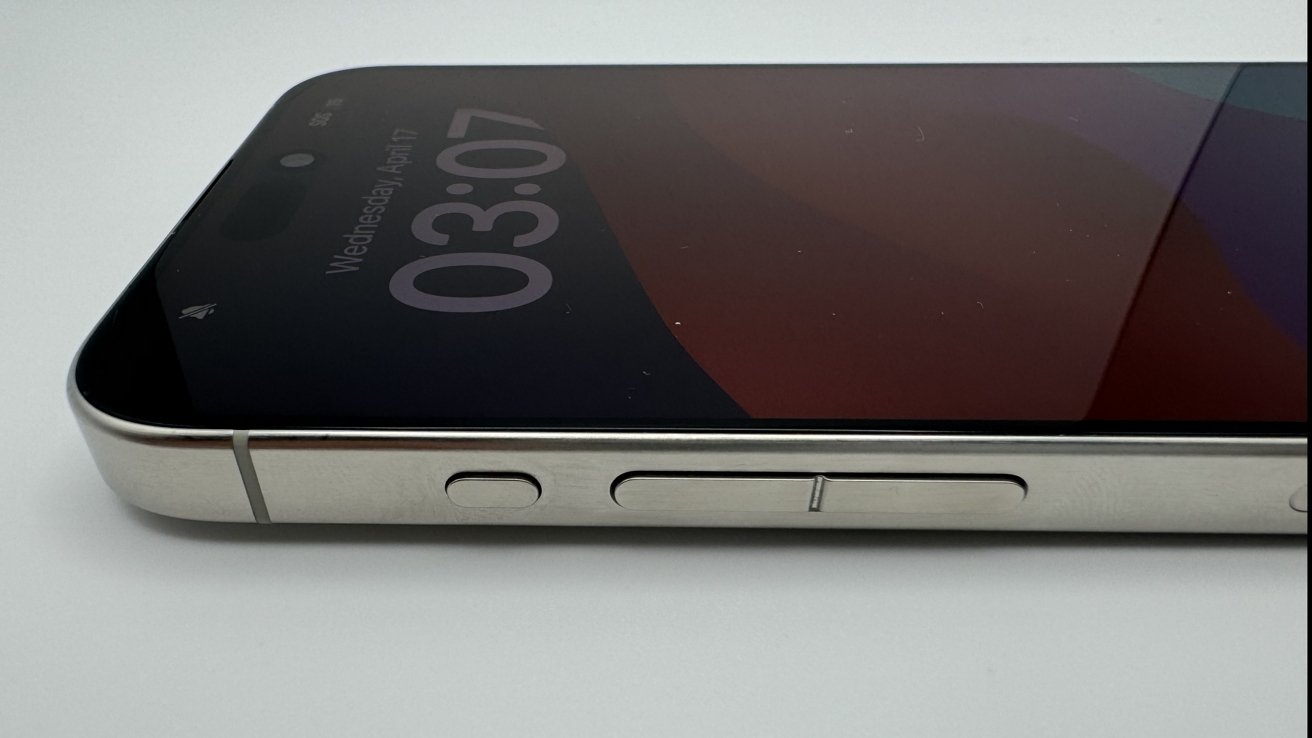
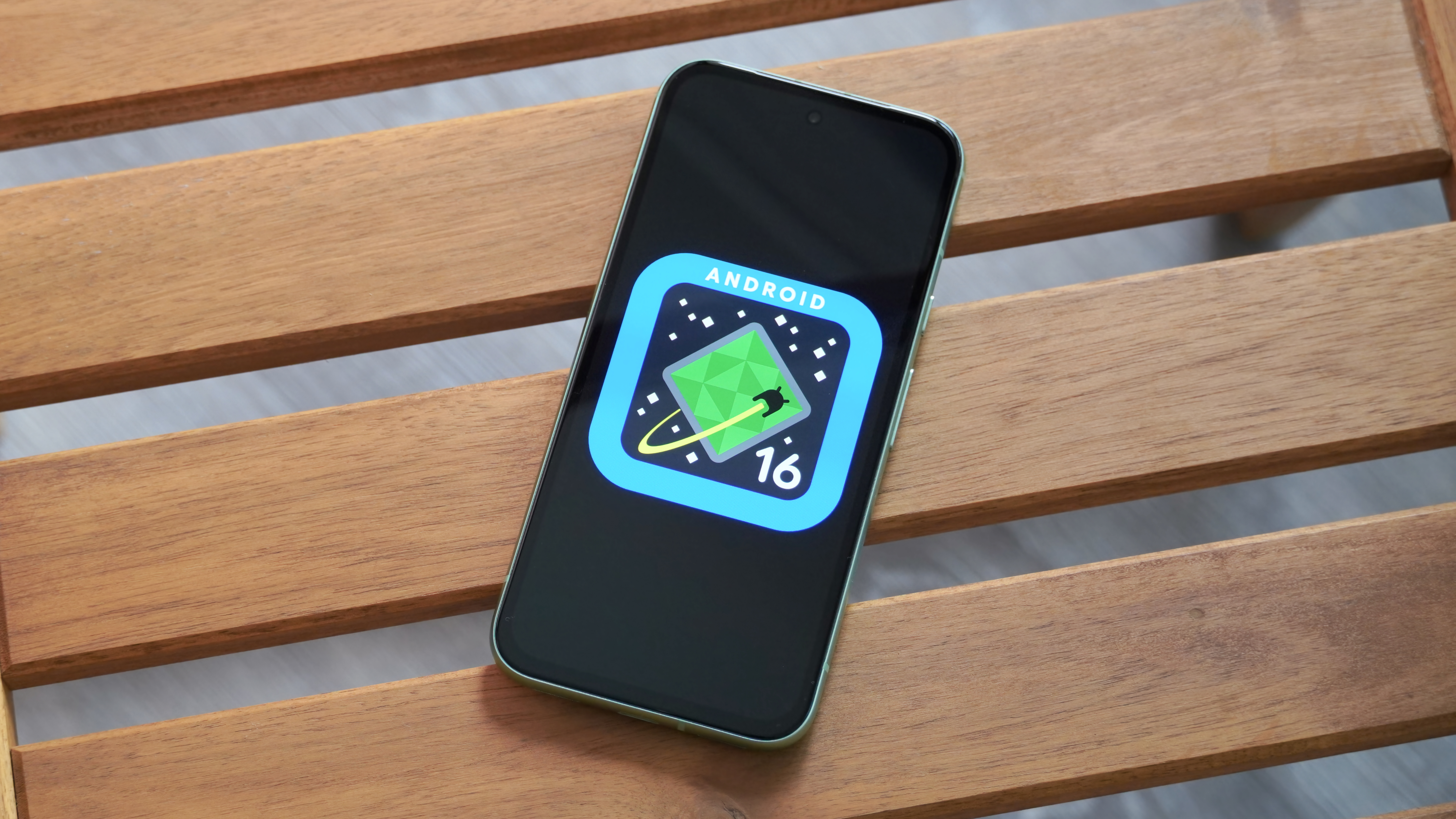
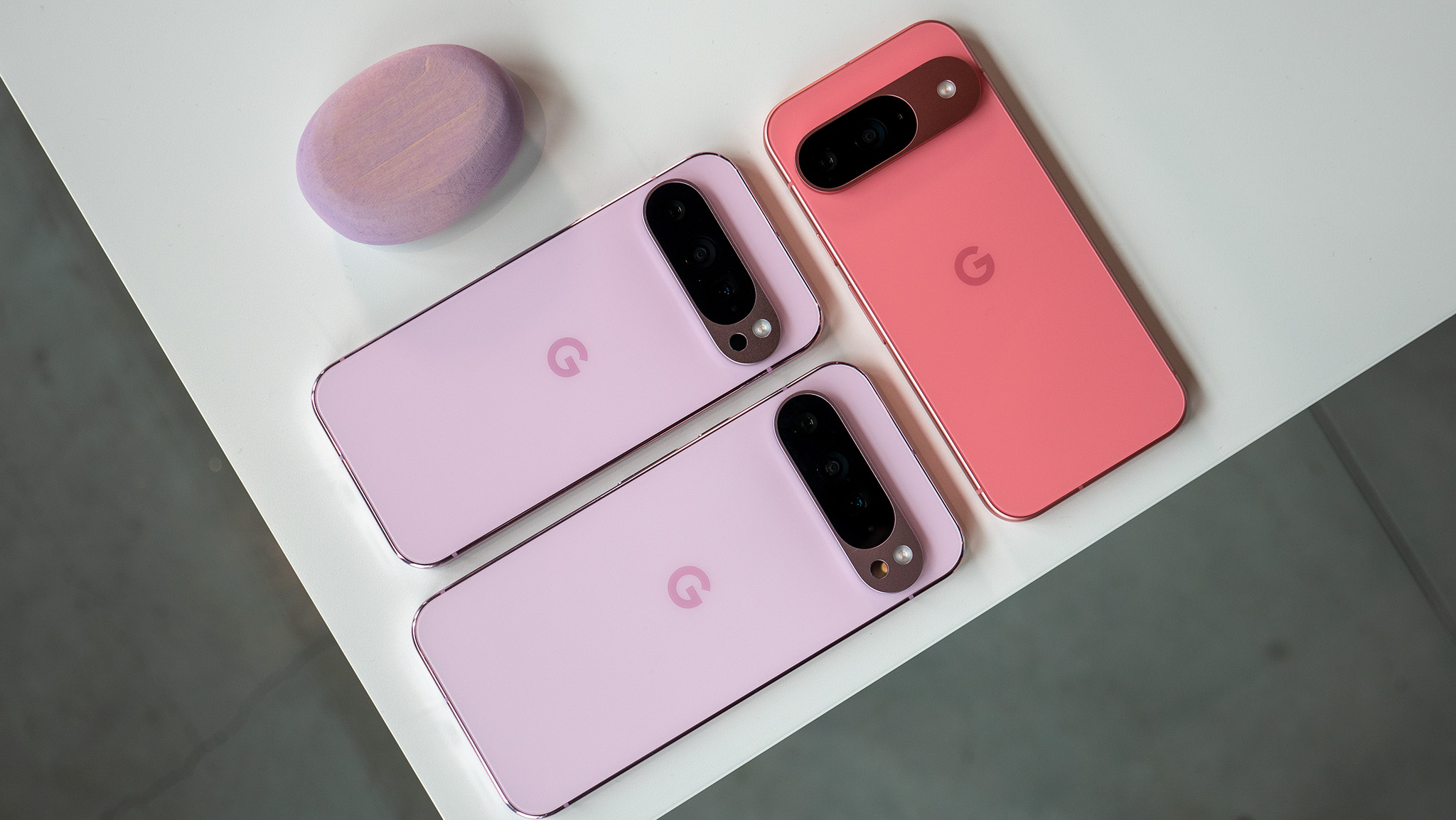
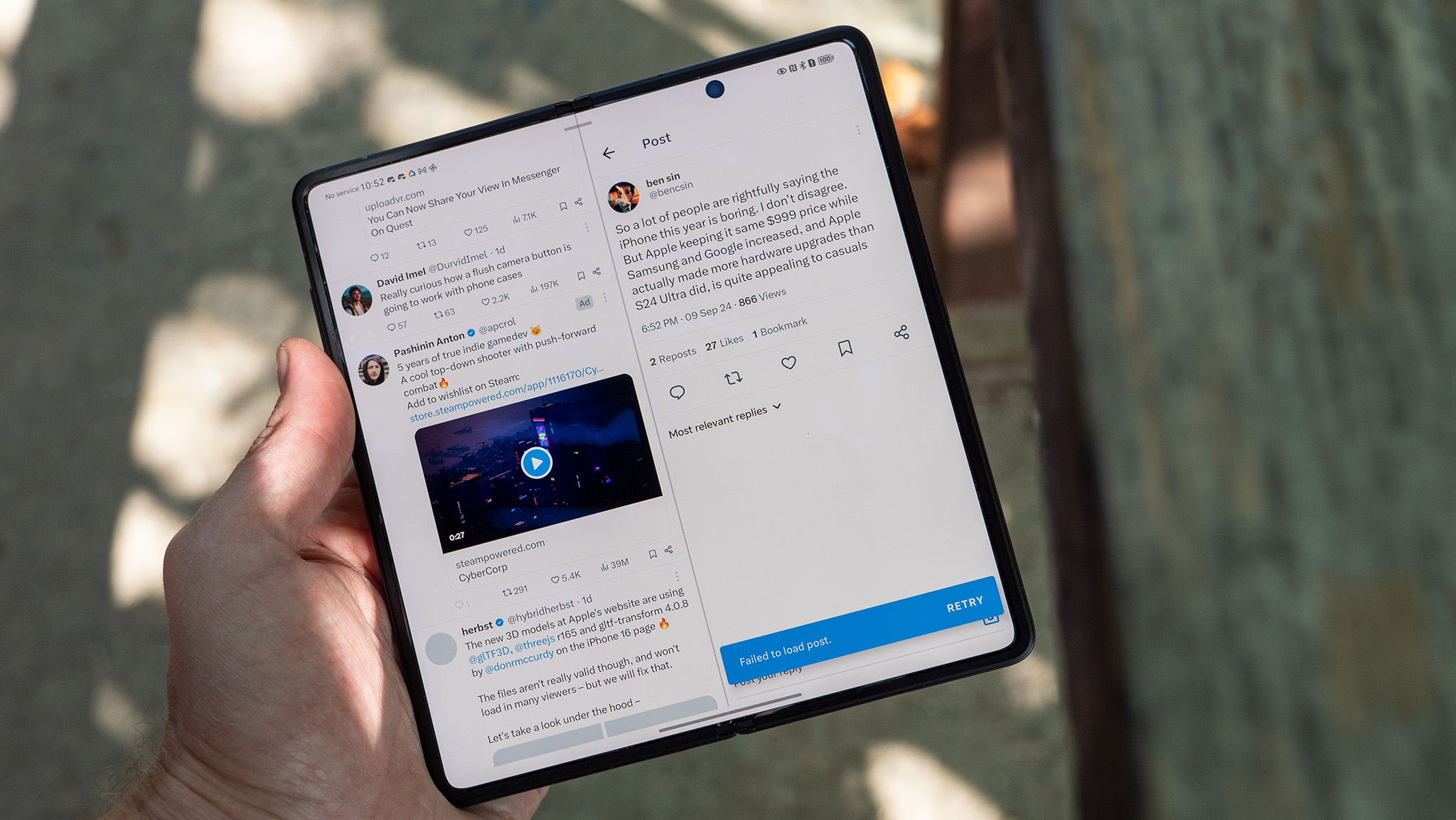
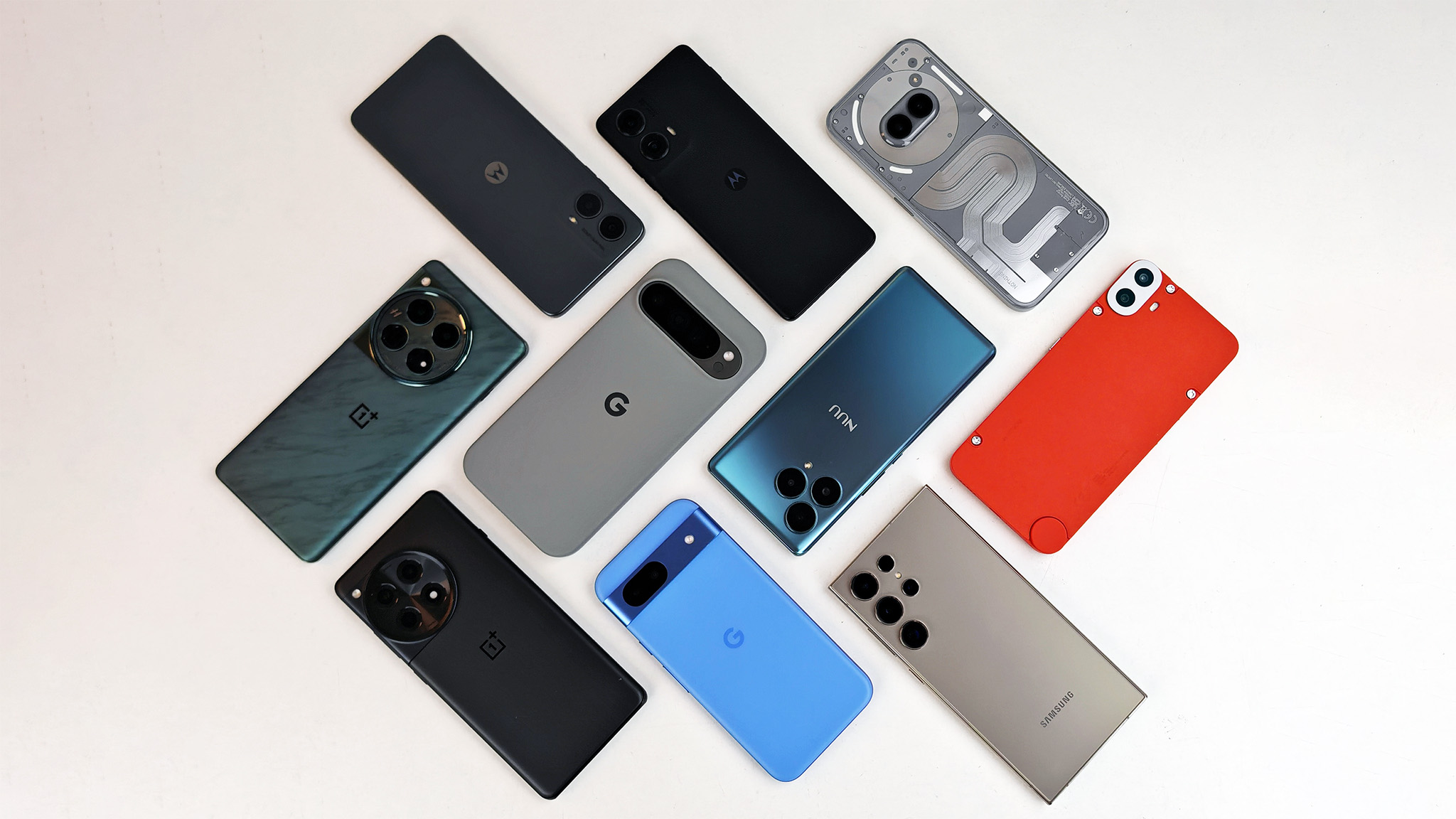
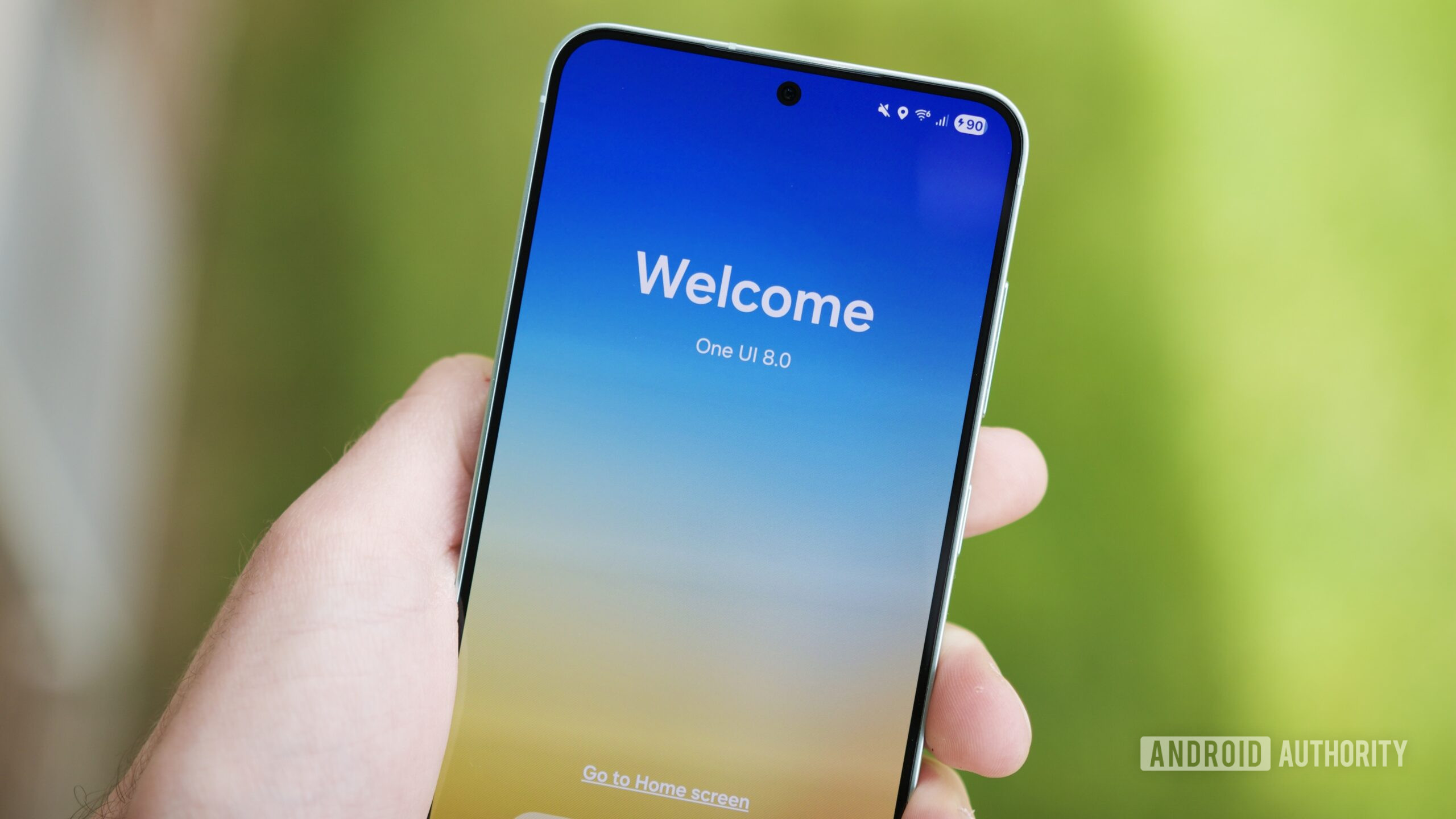

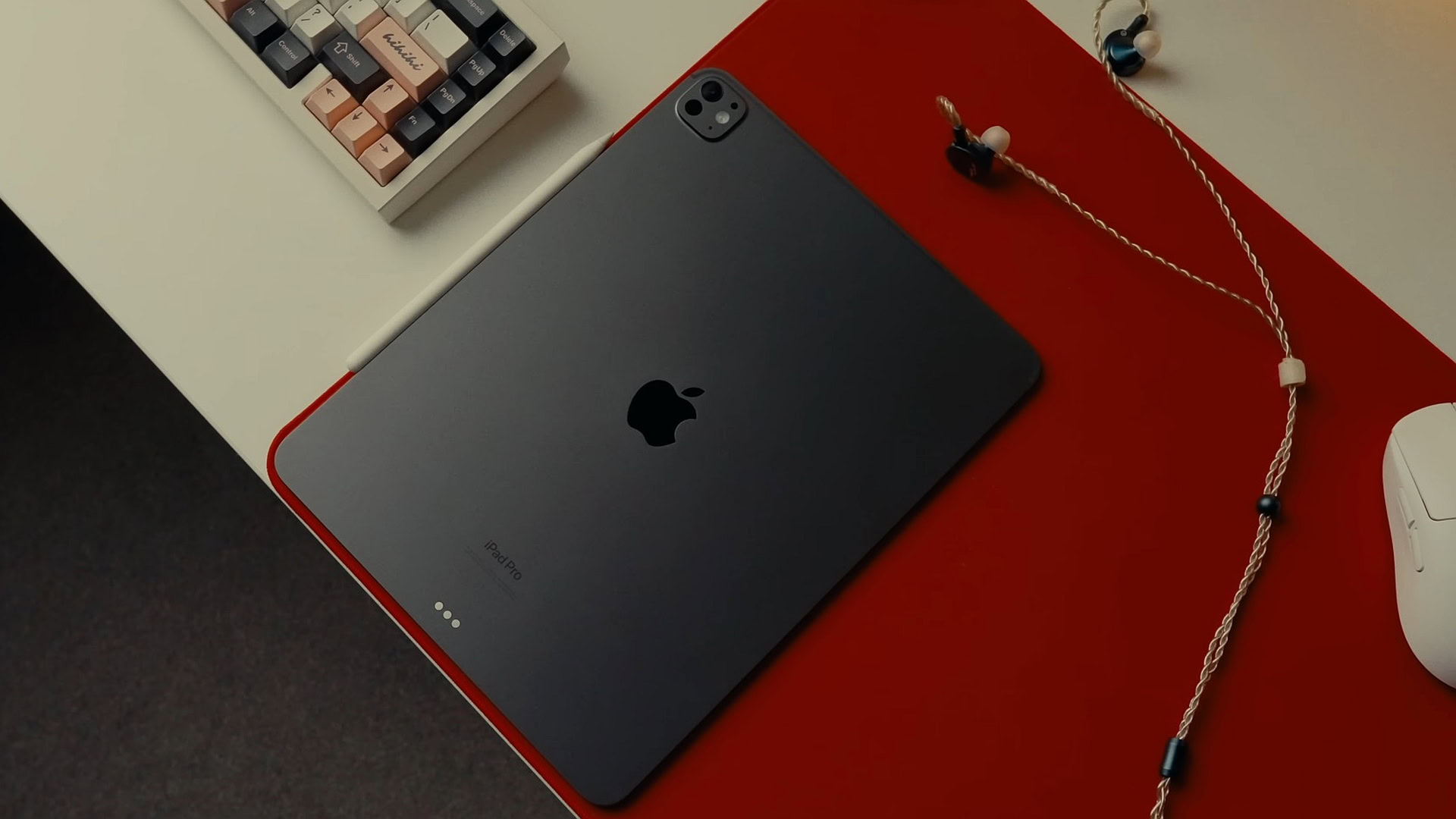
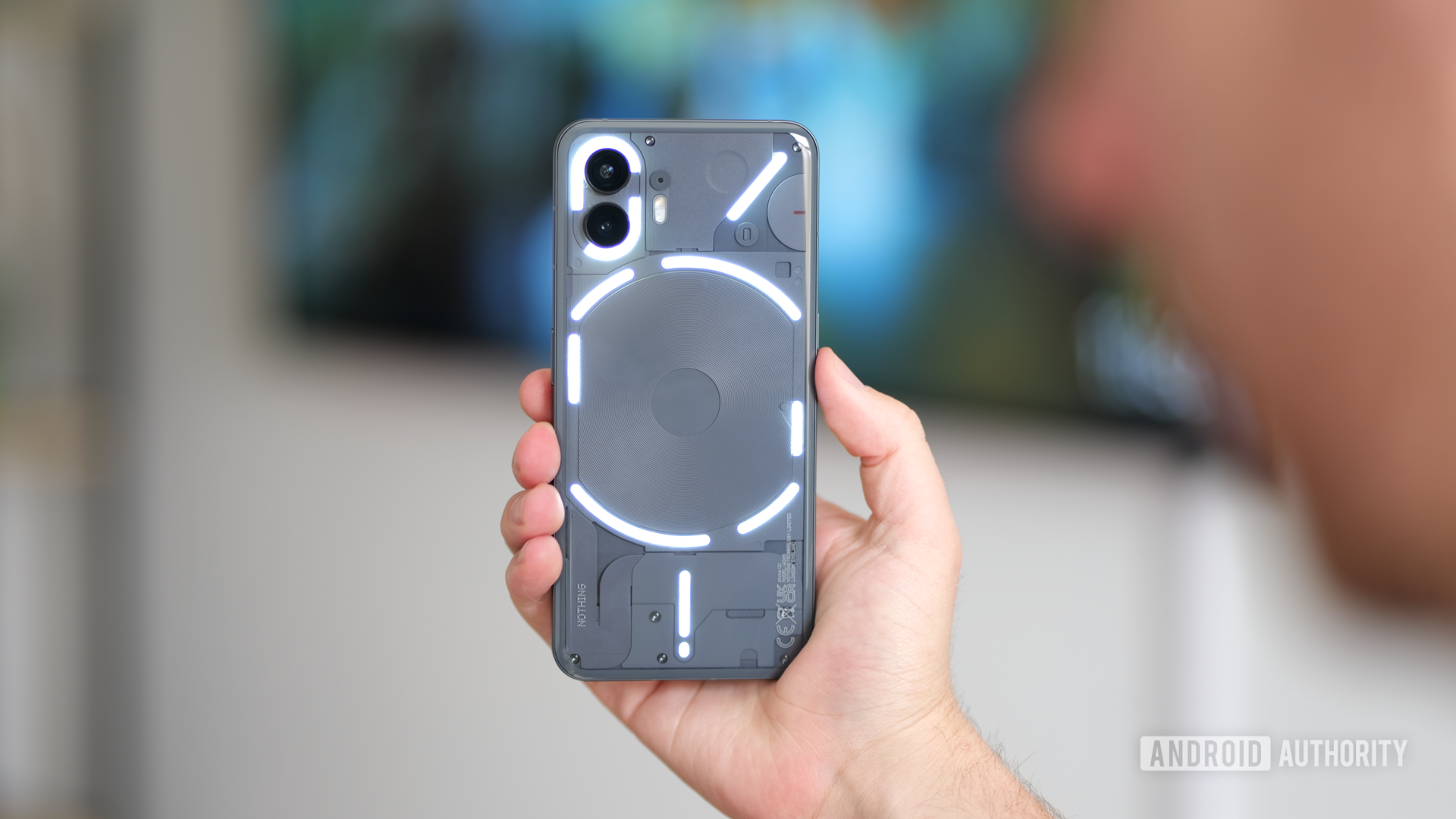




















![Apple 15-inch M4 MacBook Air On Sale for $1023.86 [Lowest Price Ever]](https://www.iclarified.com/images/news/97468/97468/97468-640.jpg)















